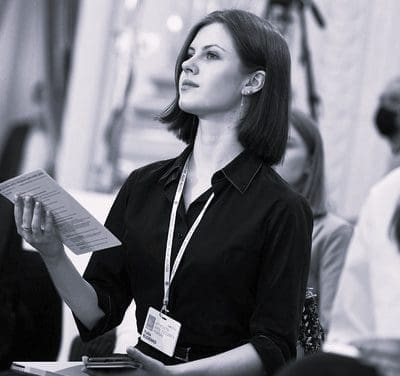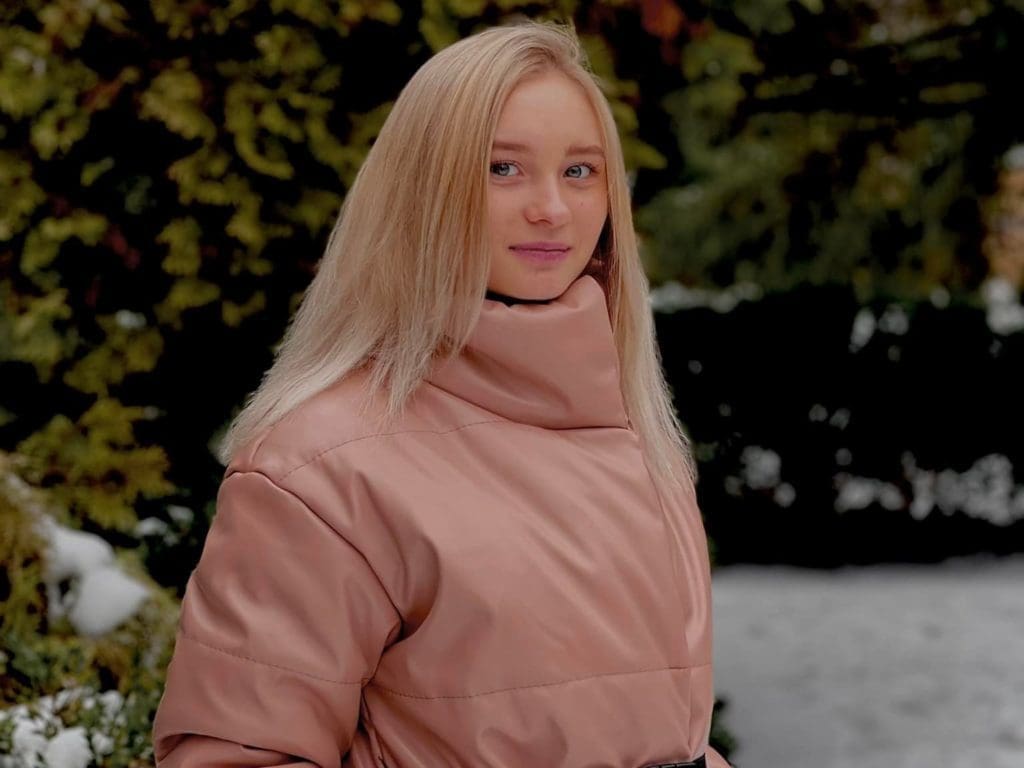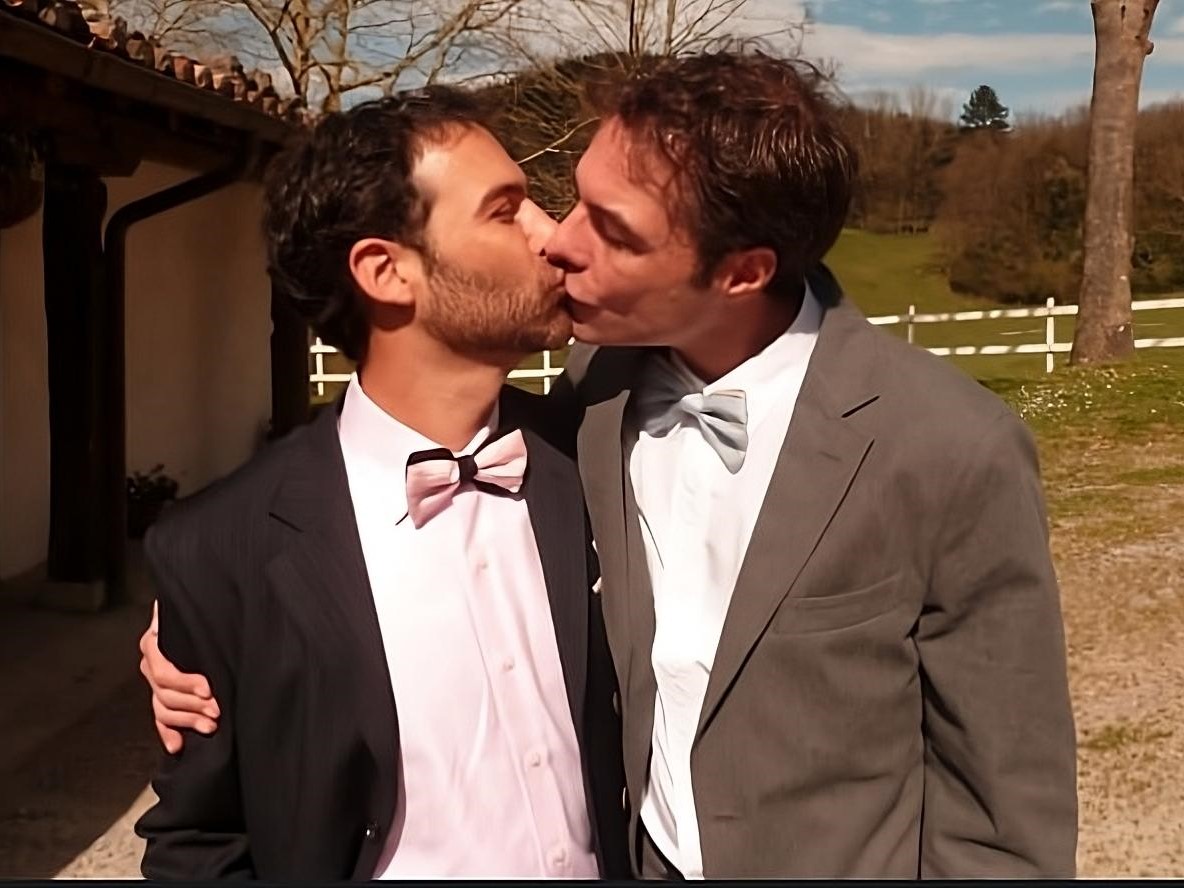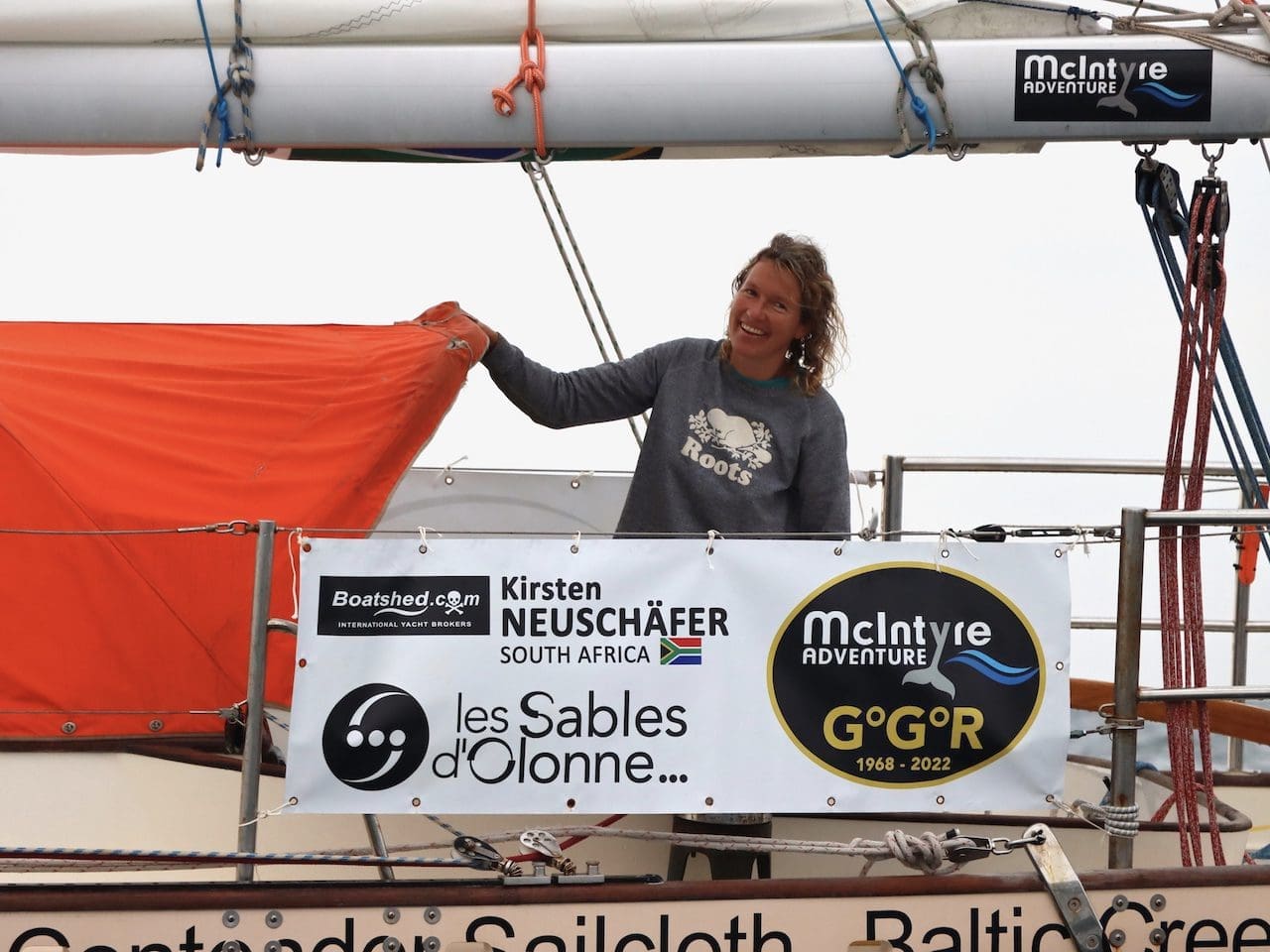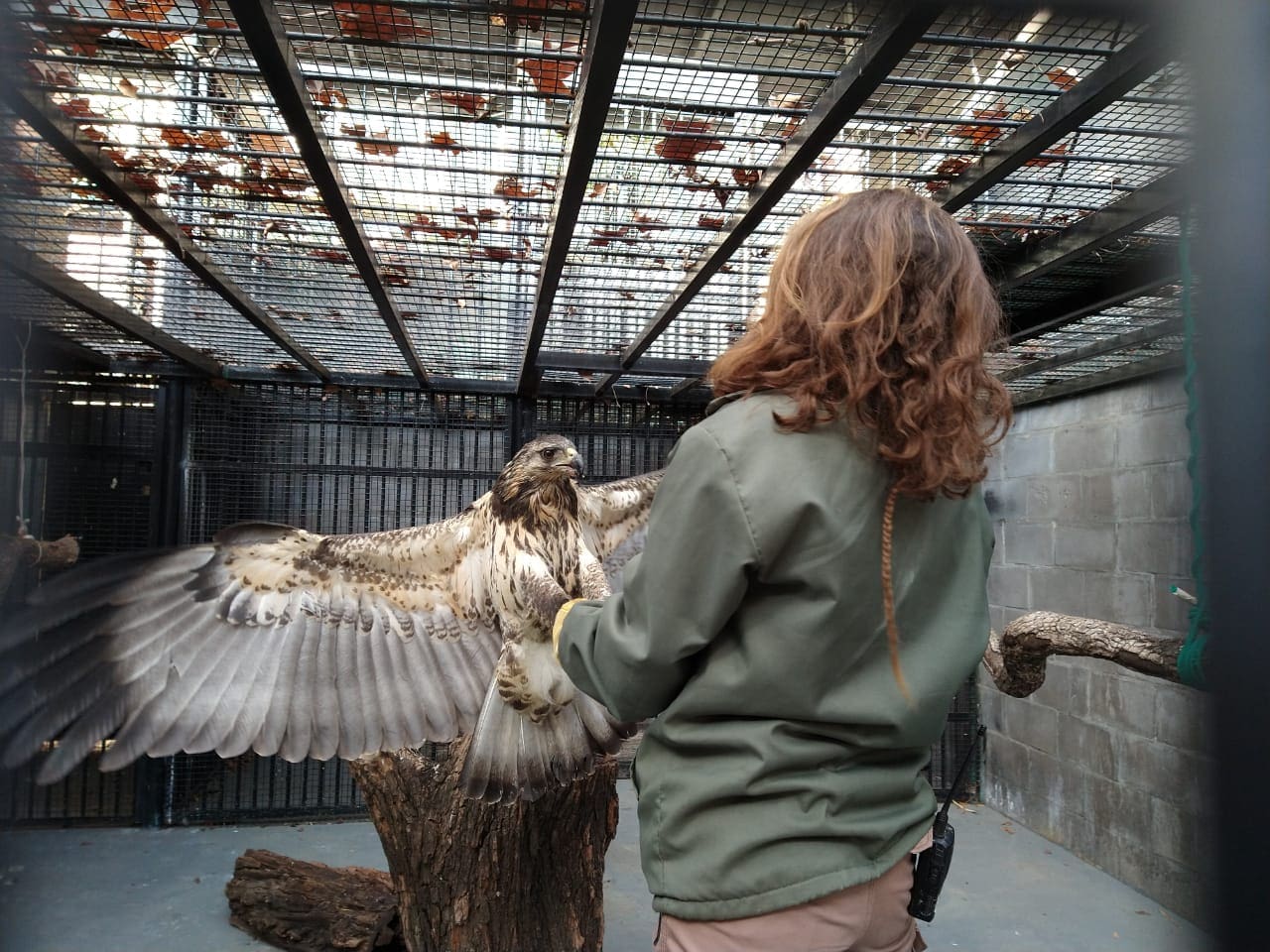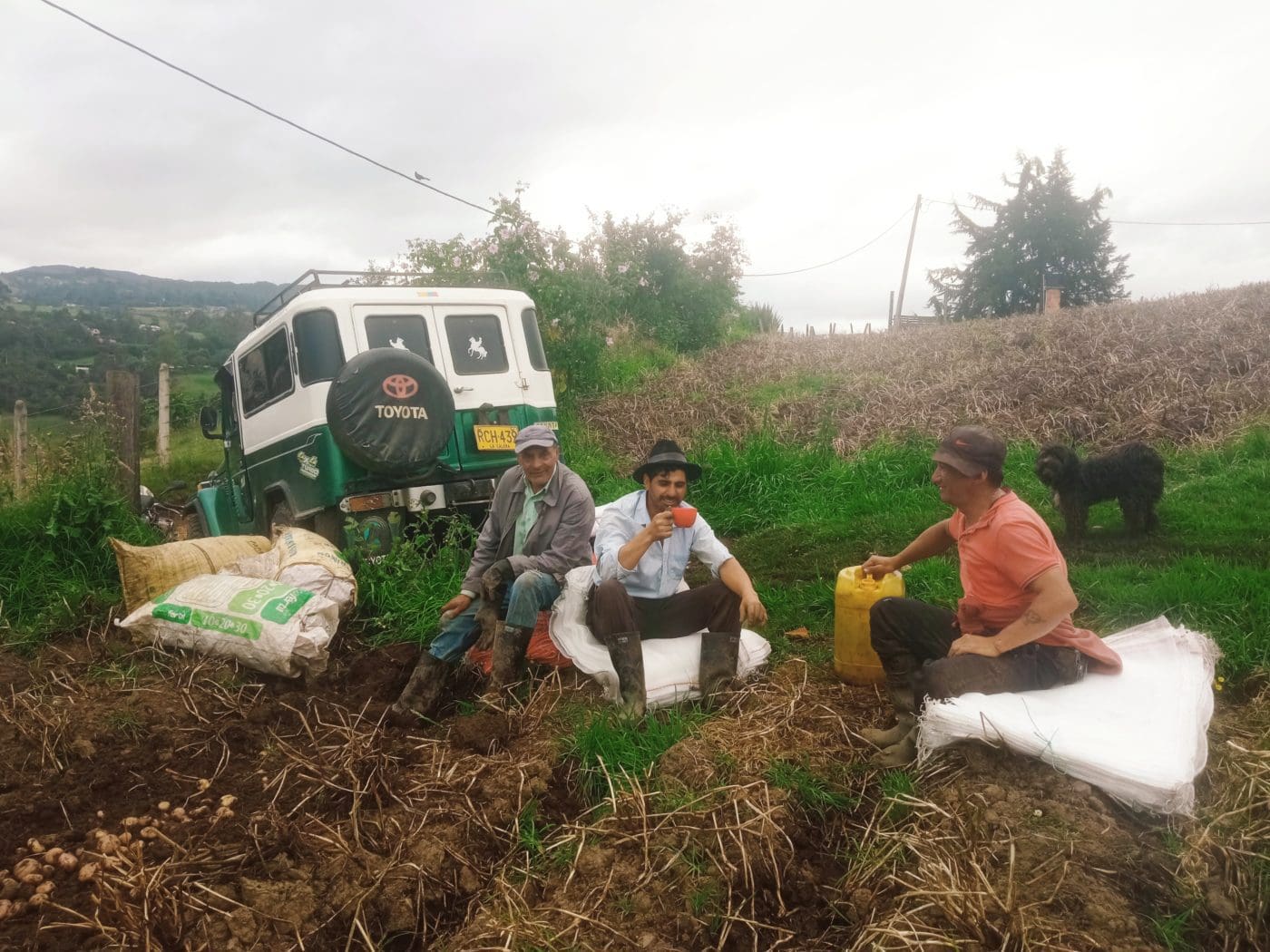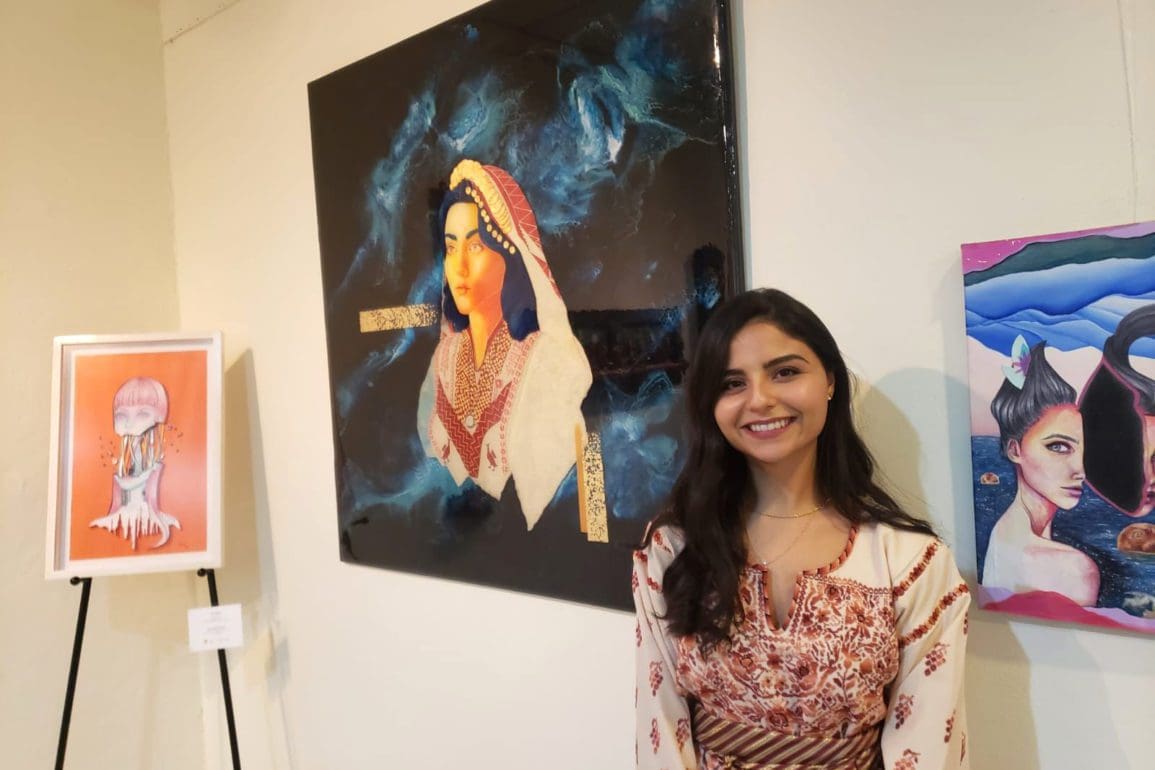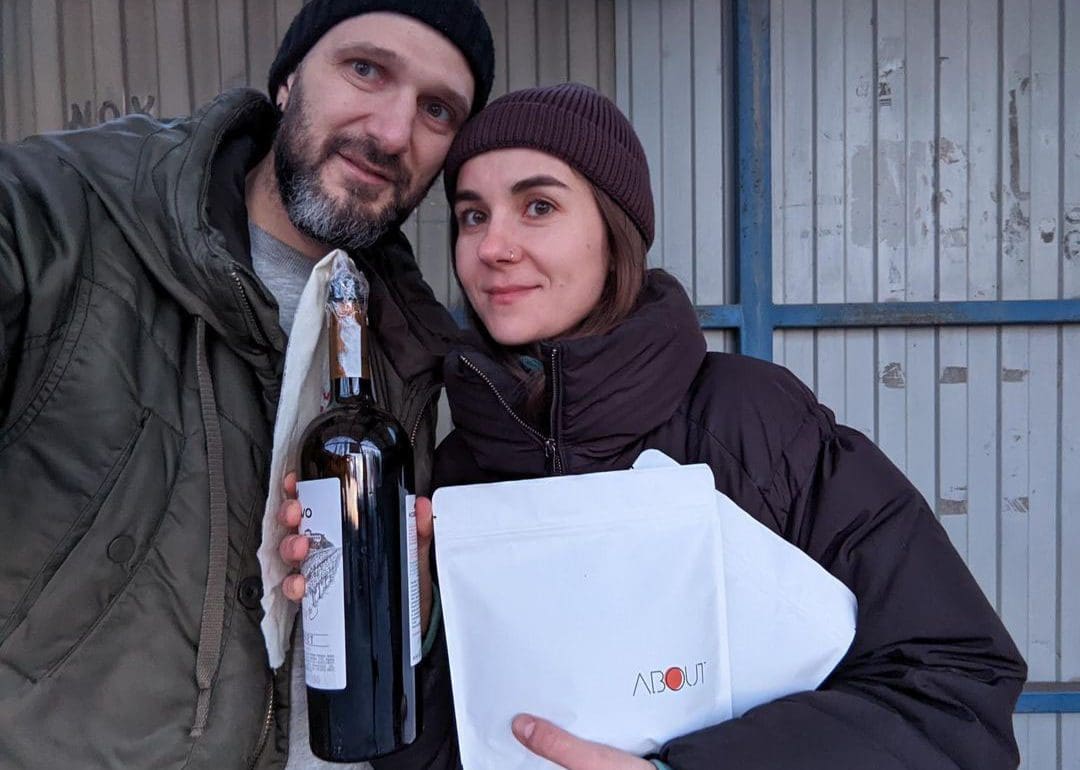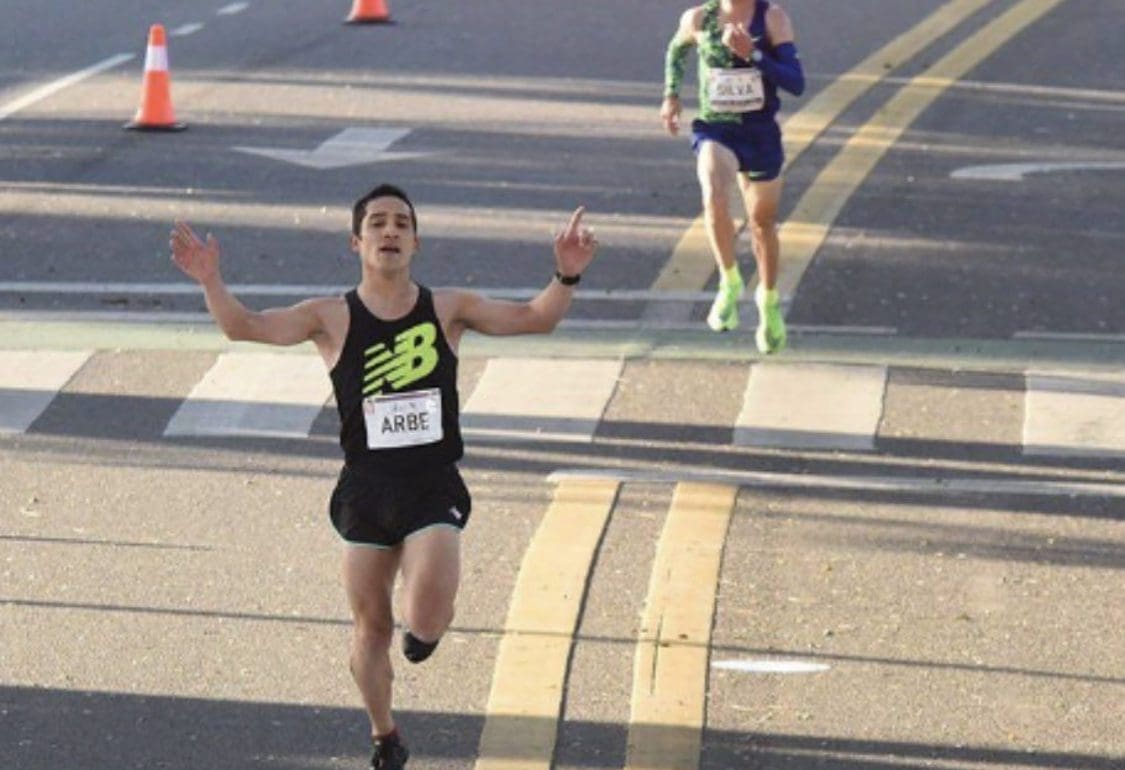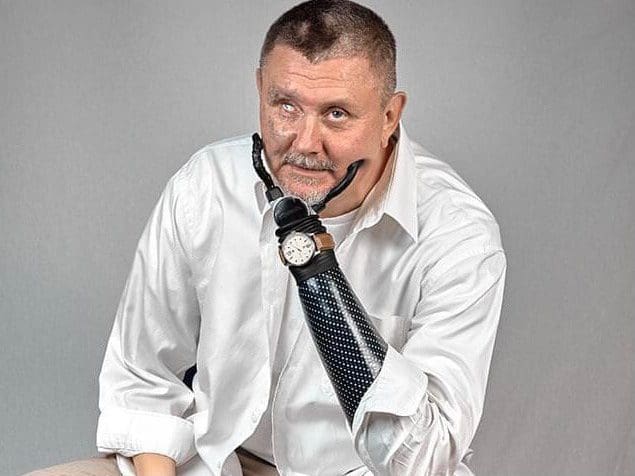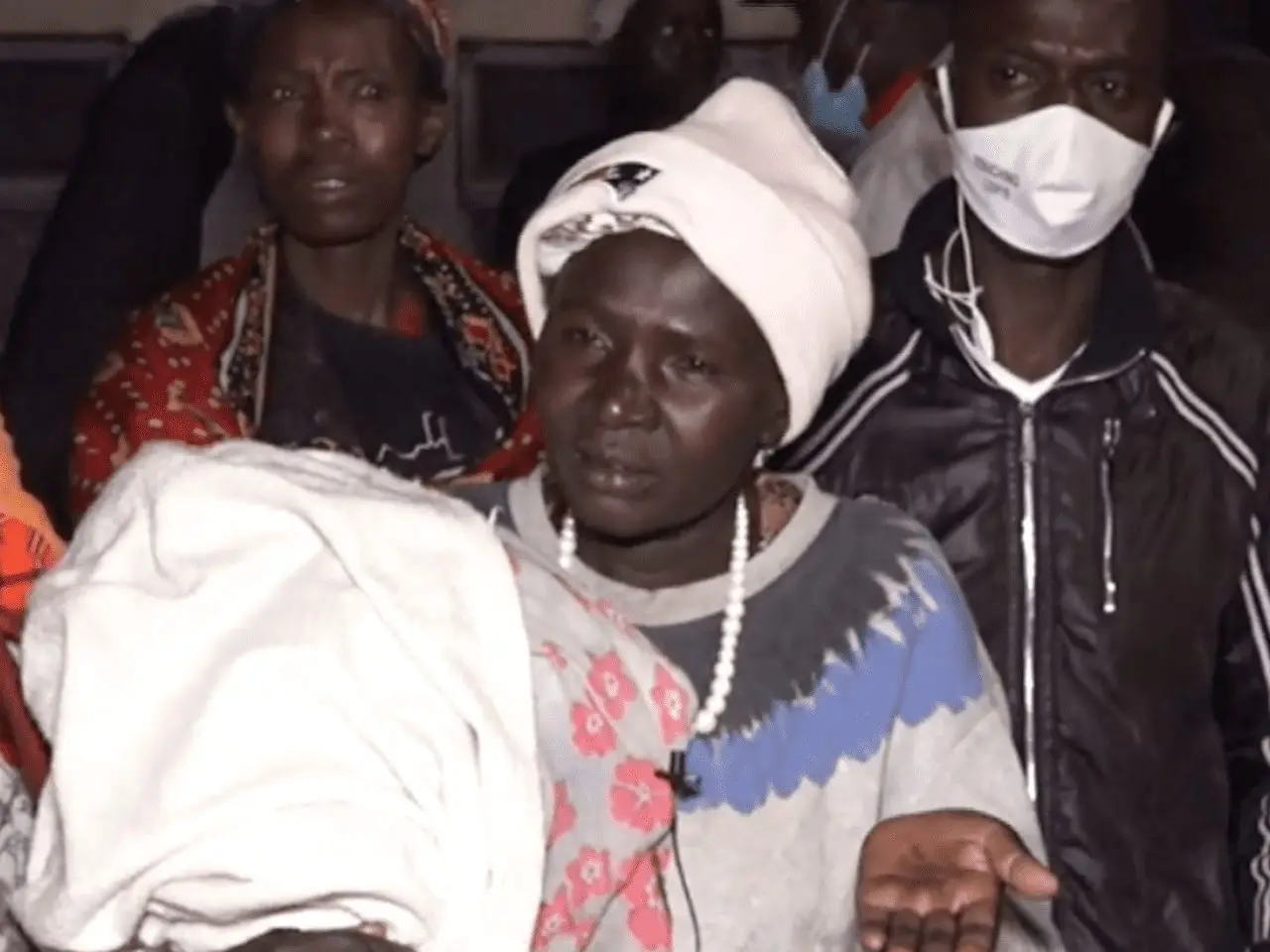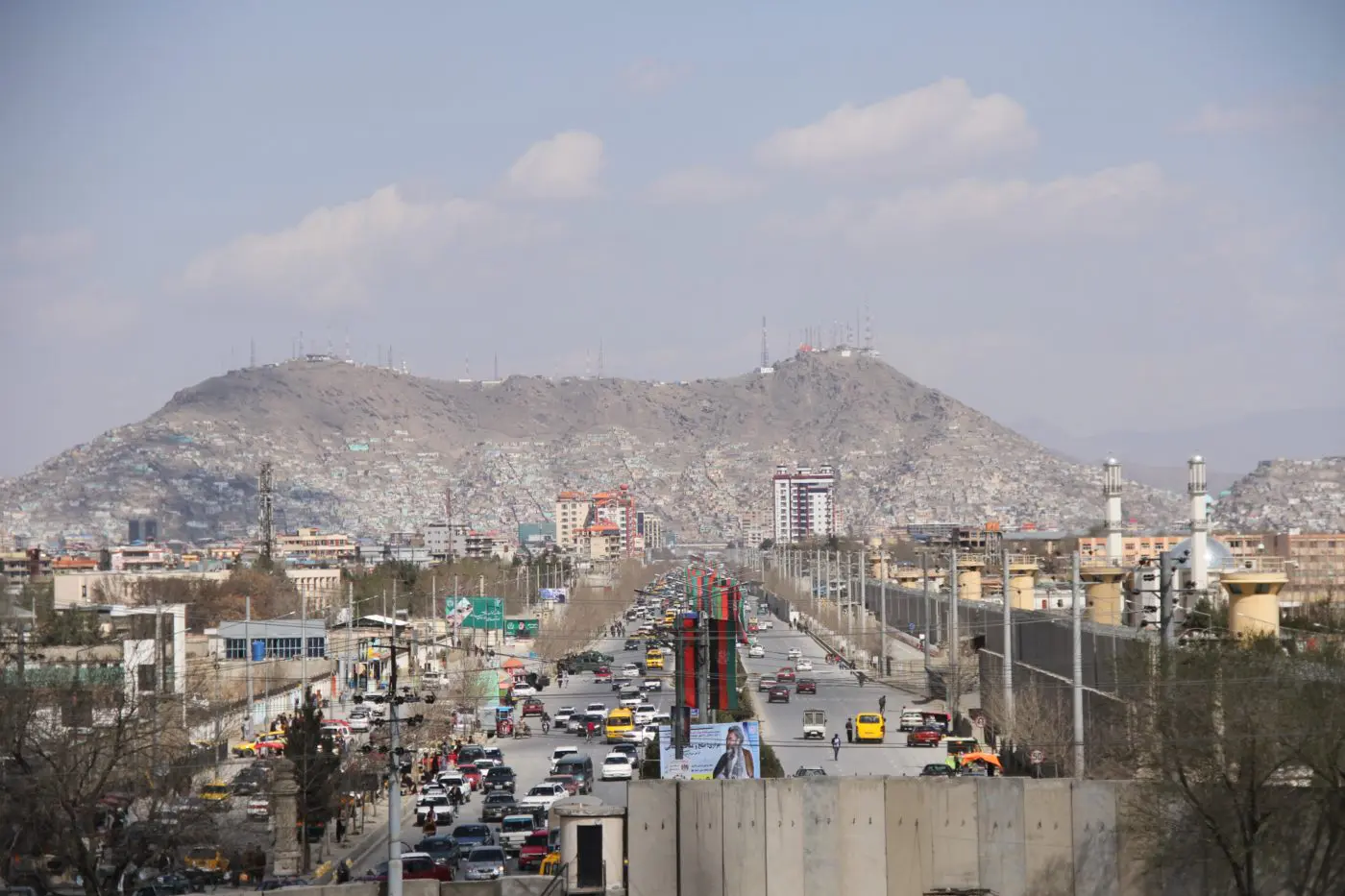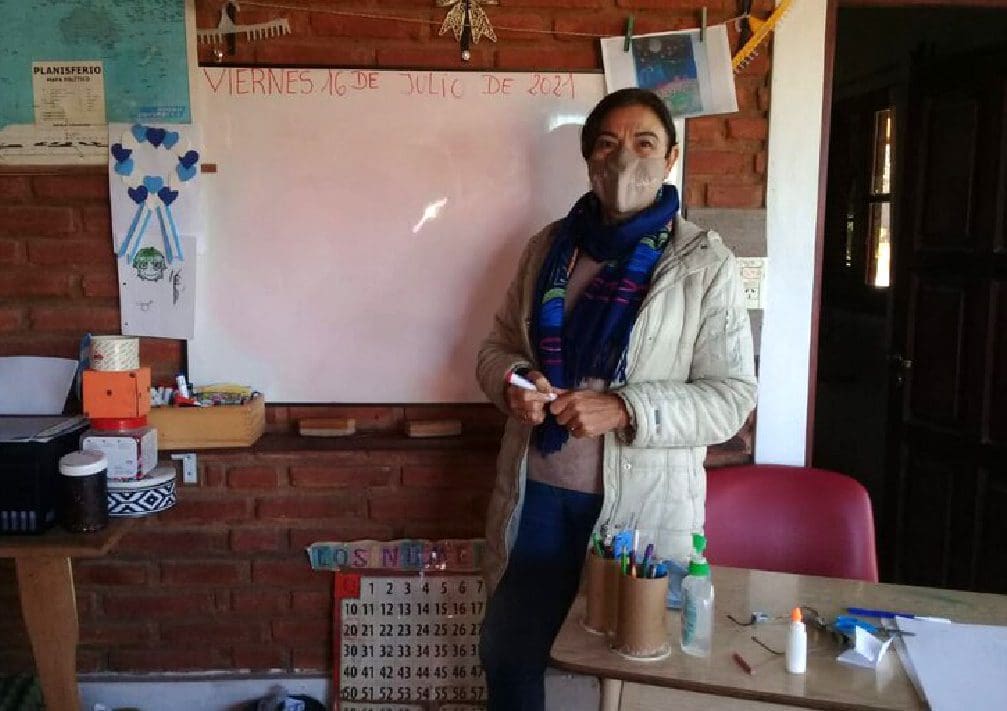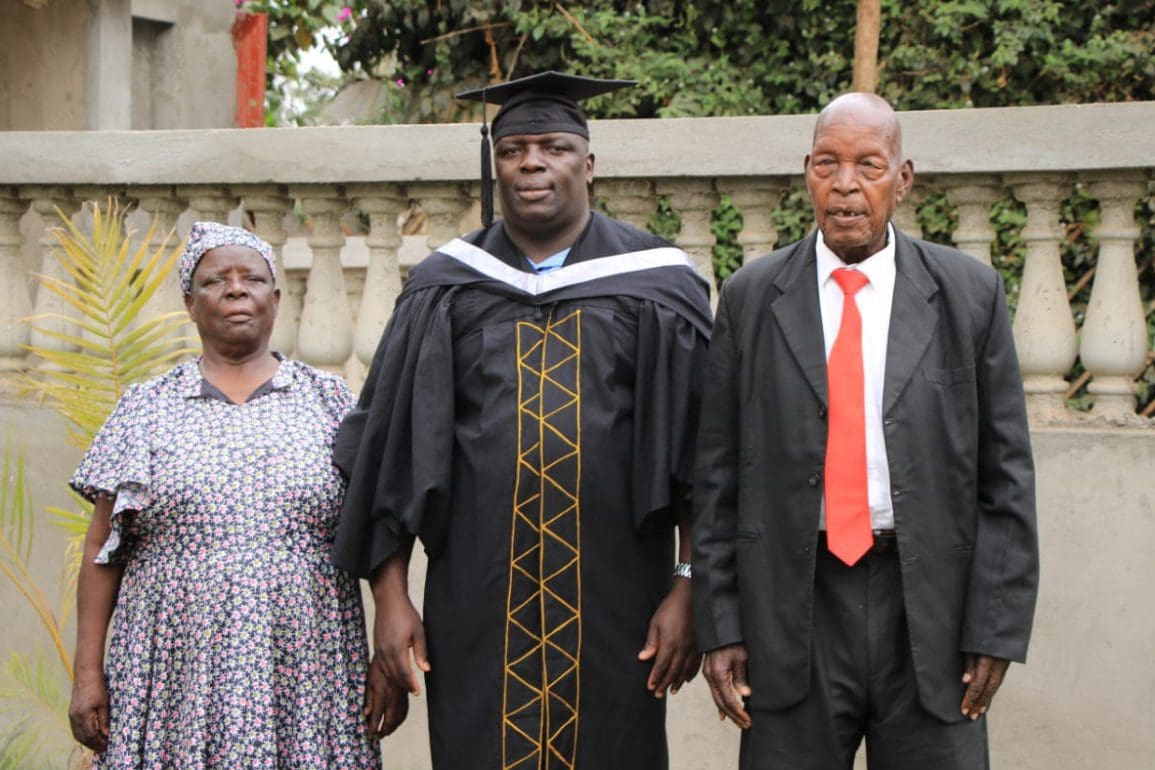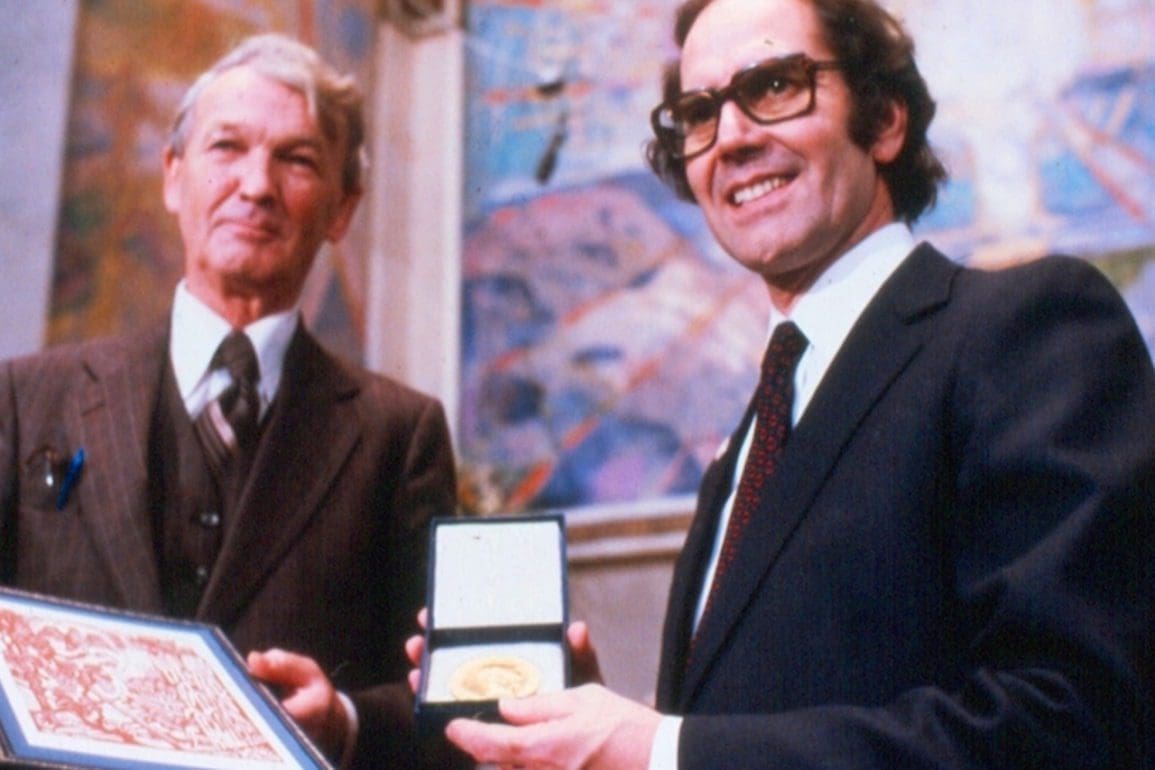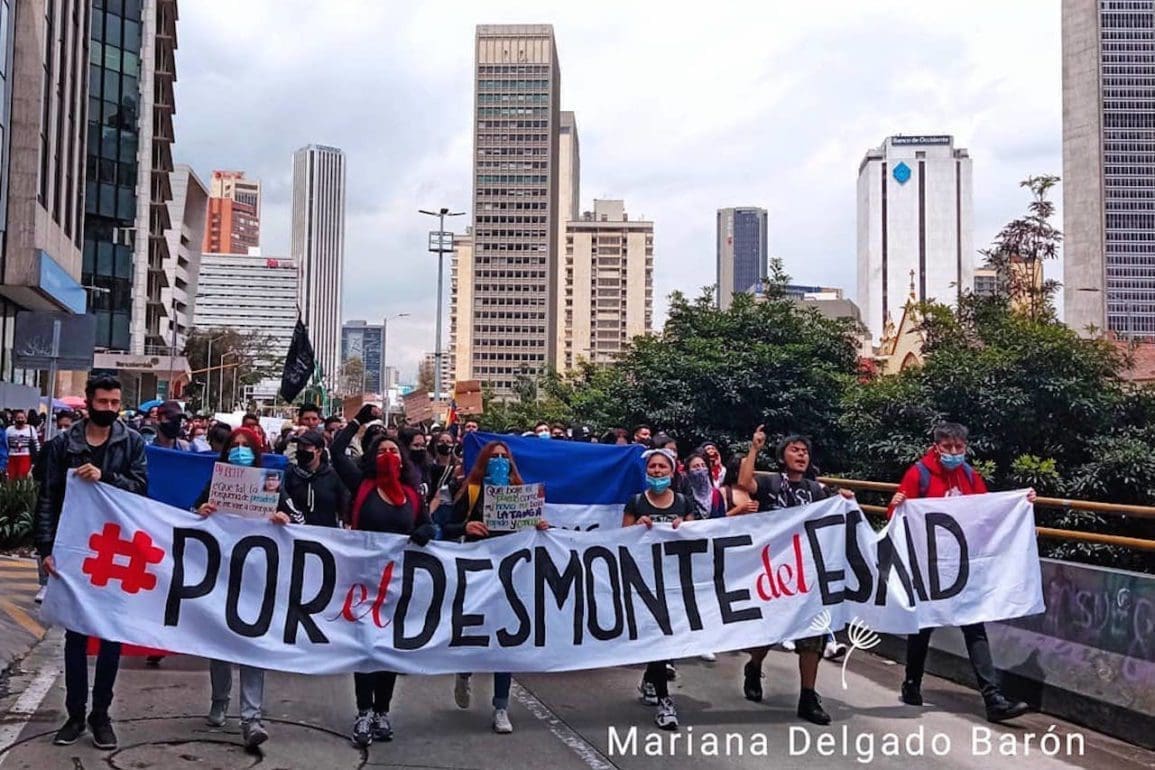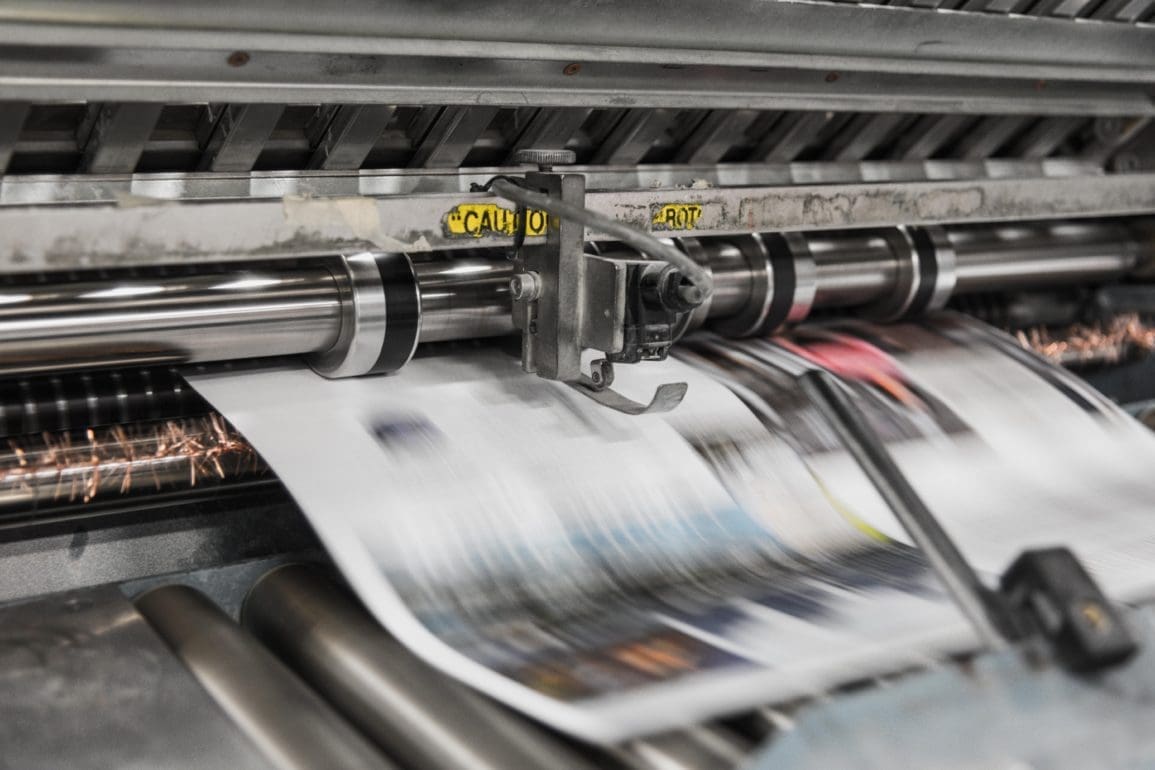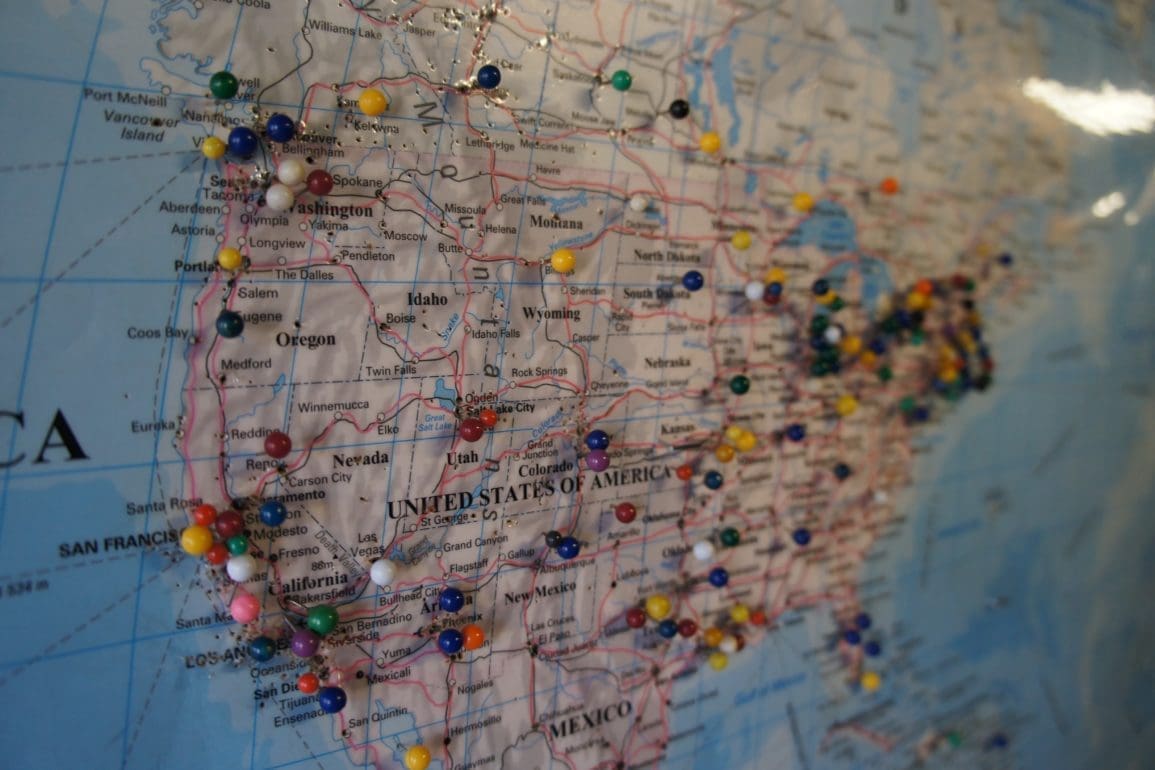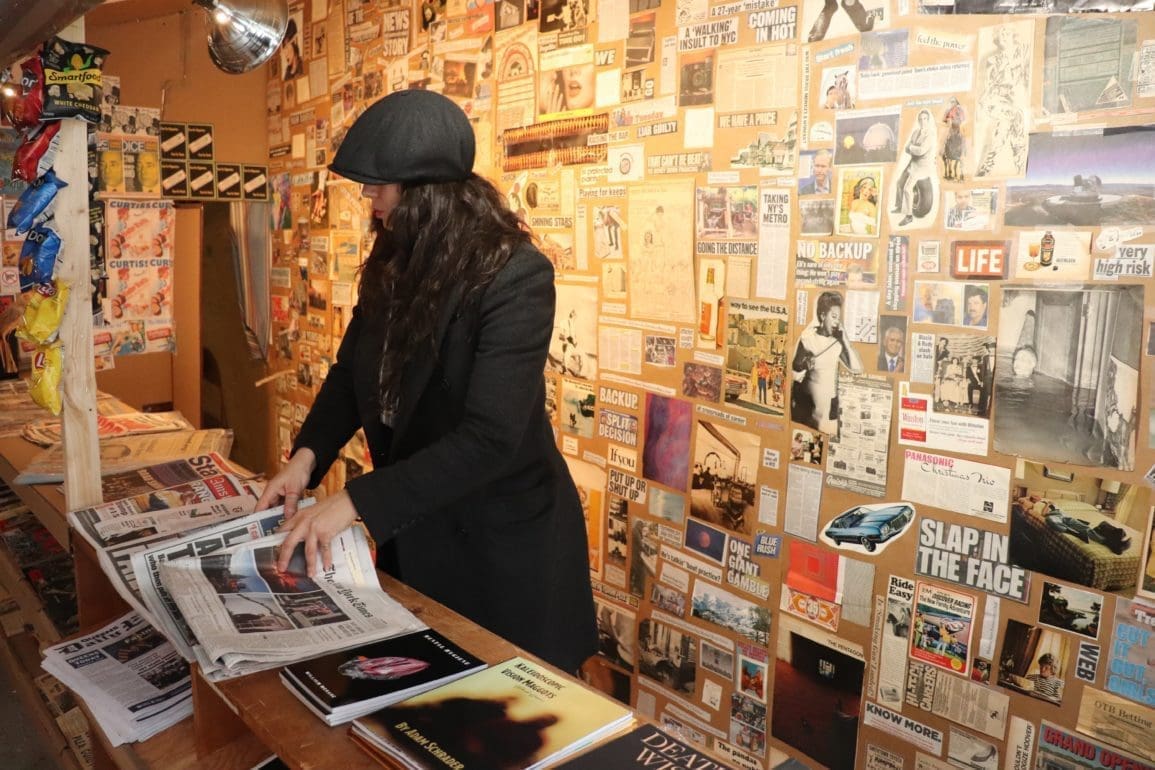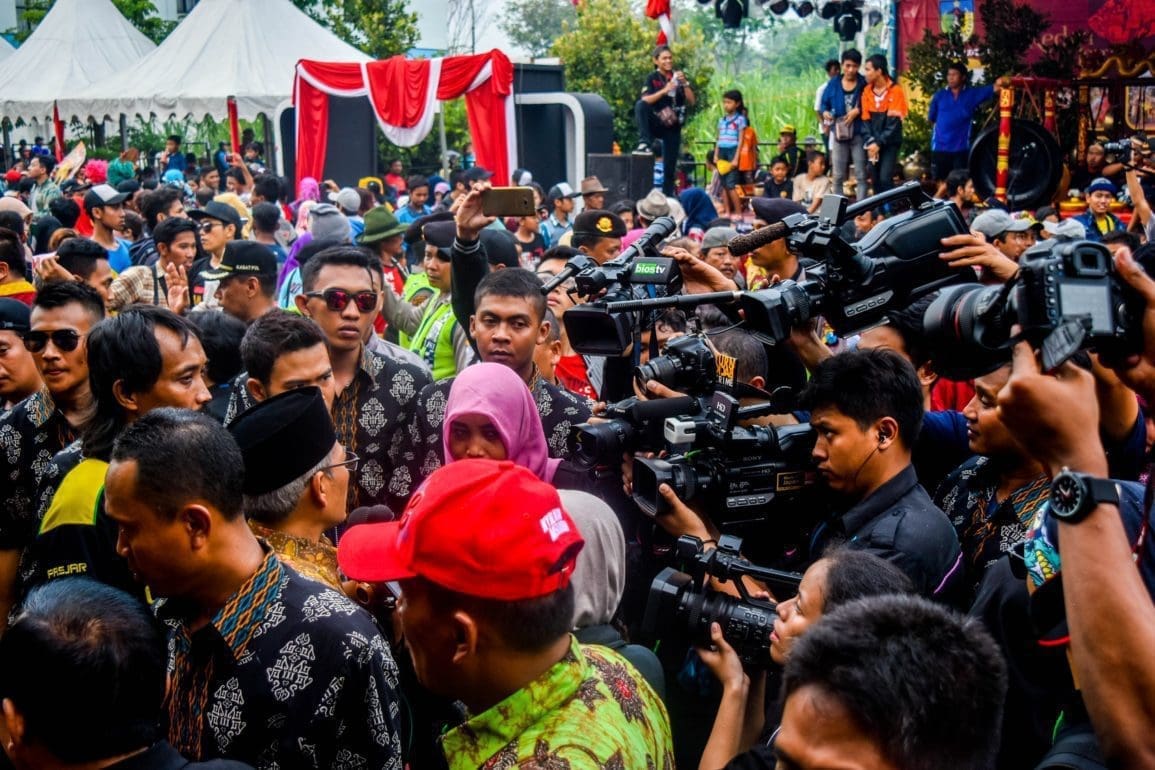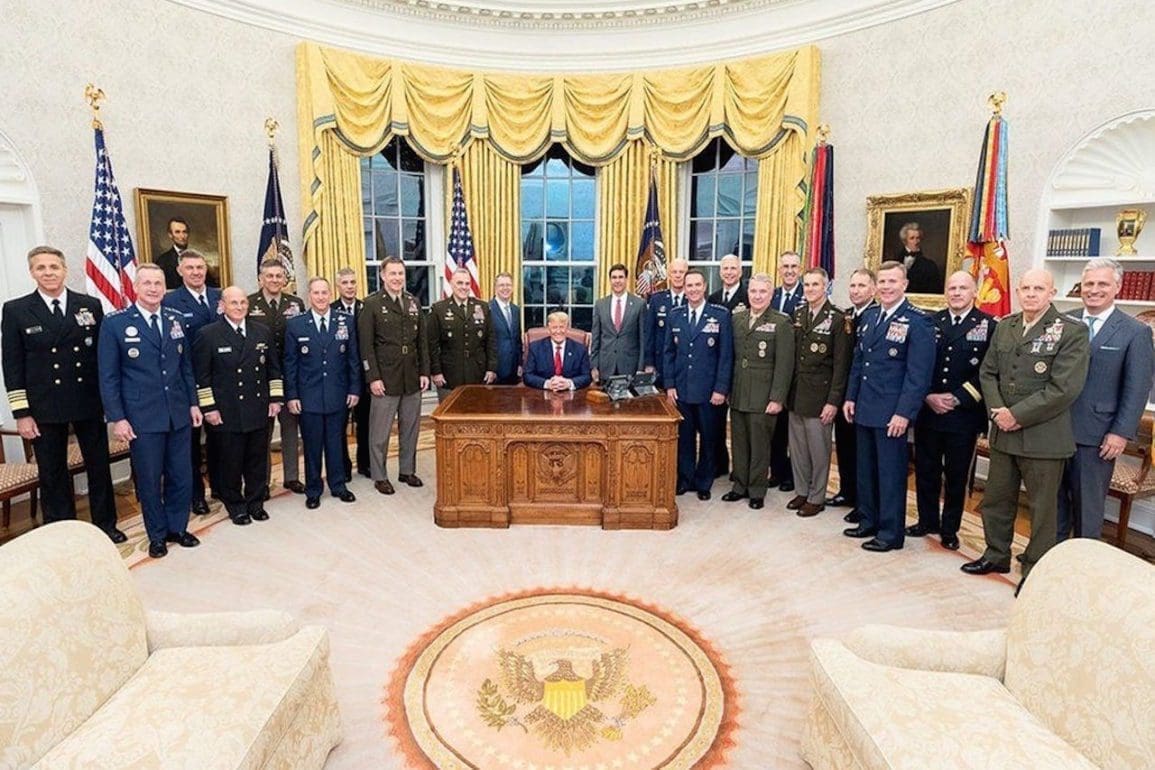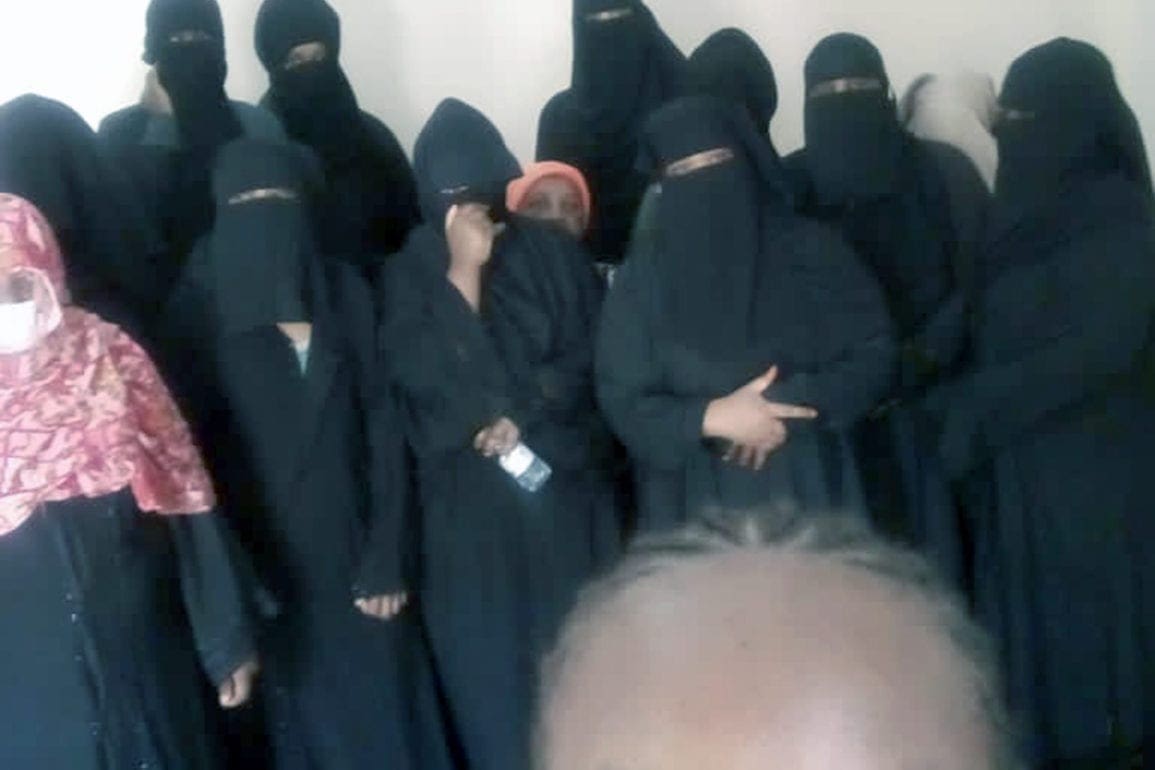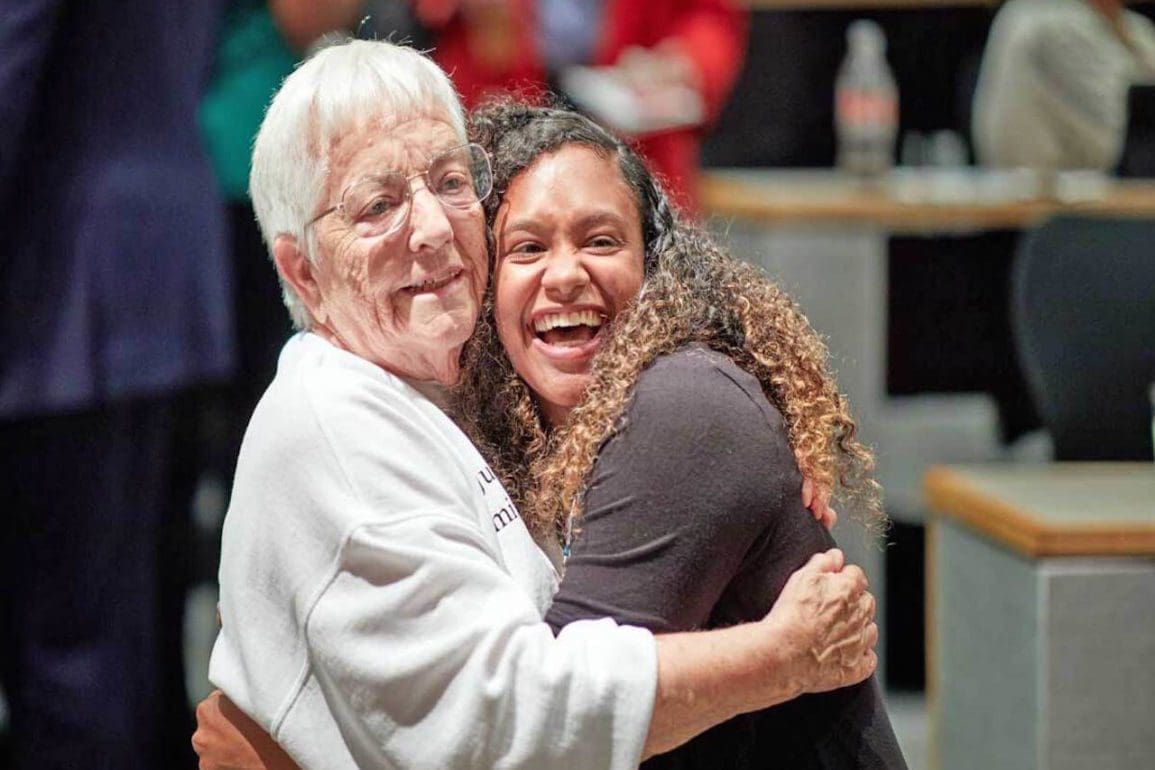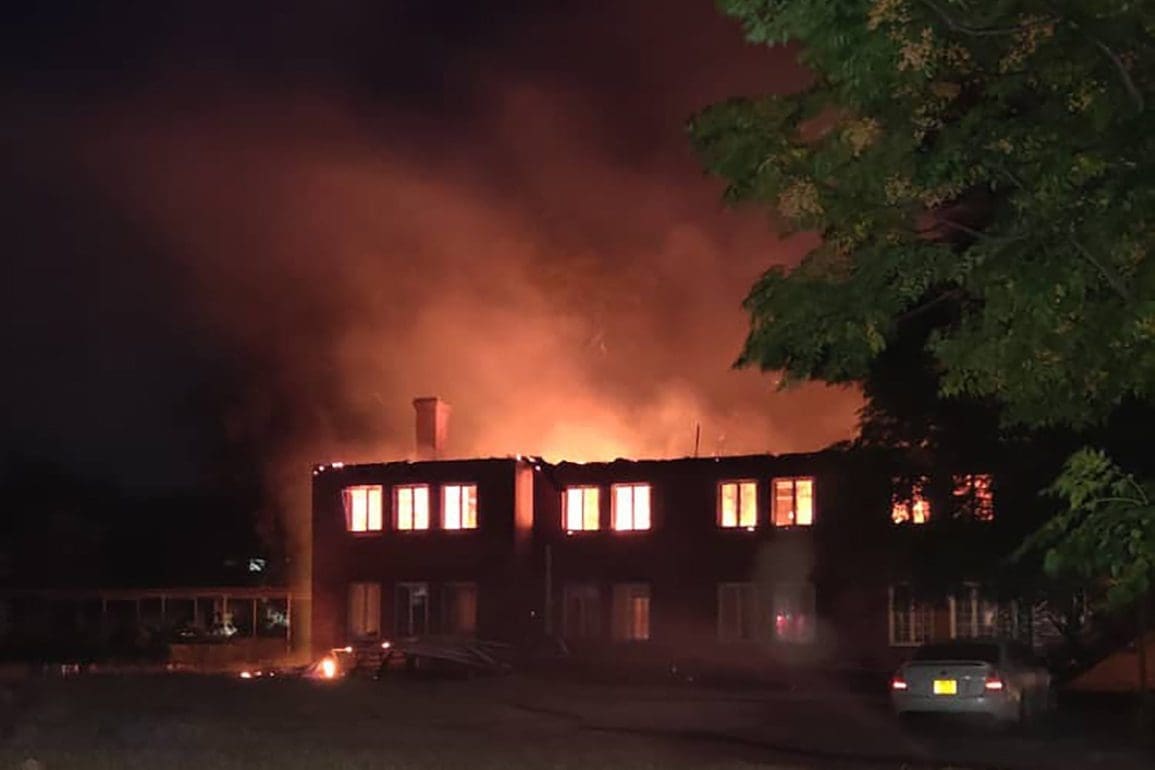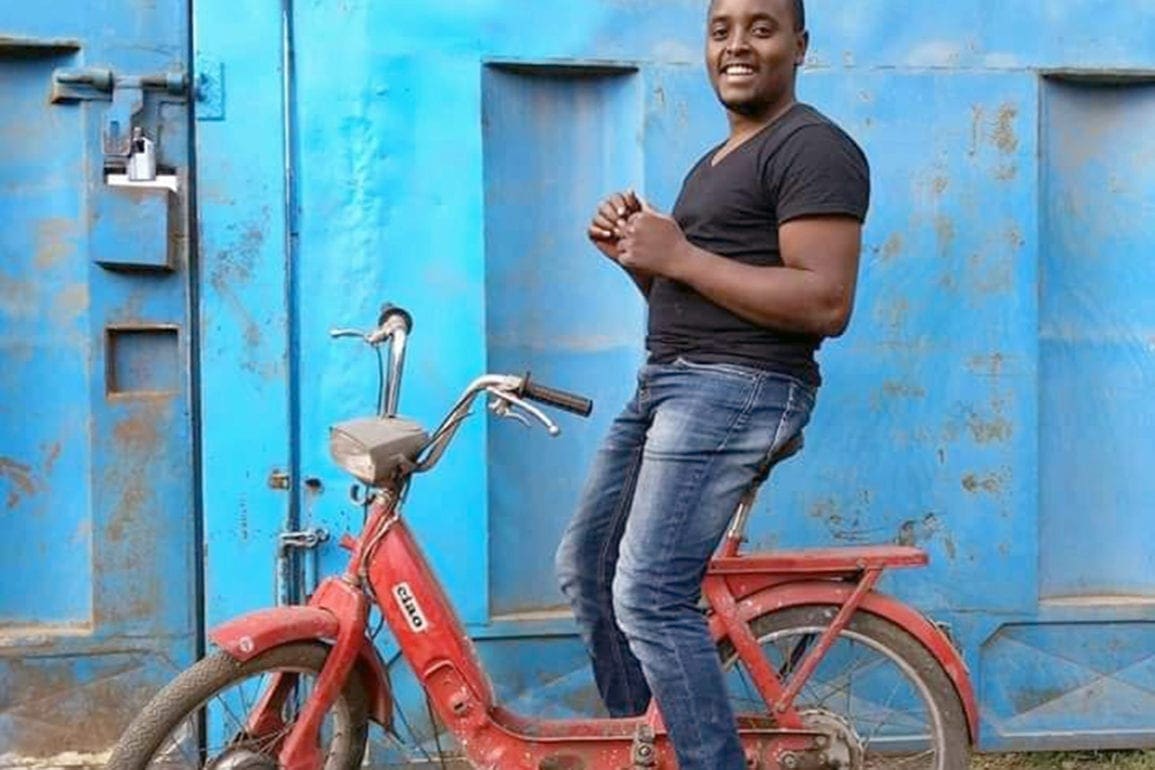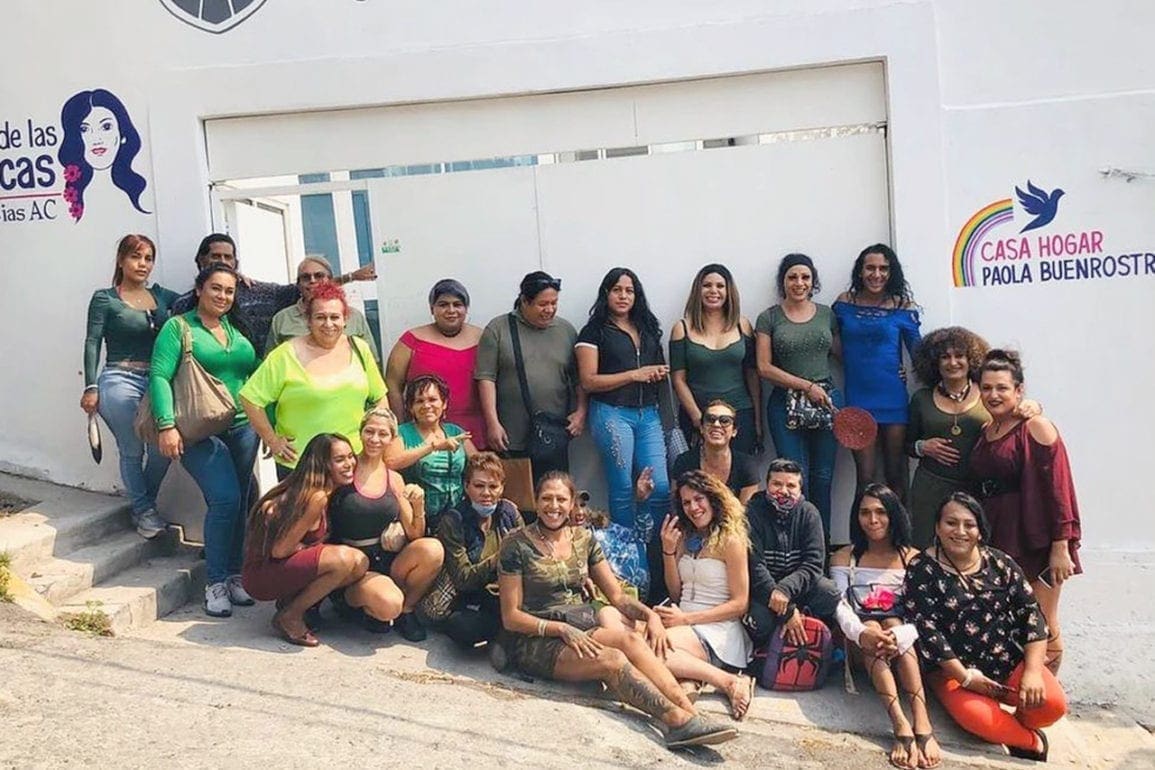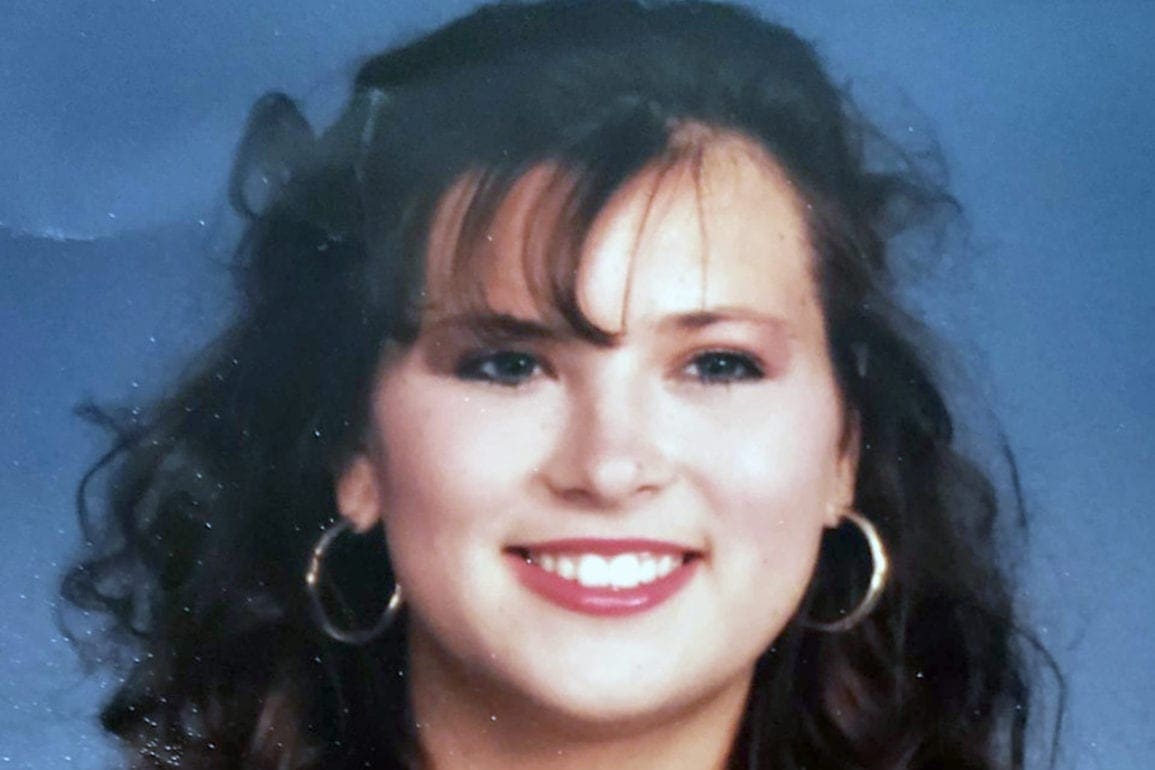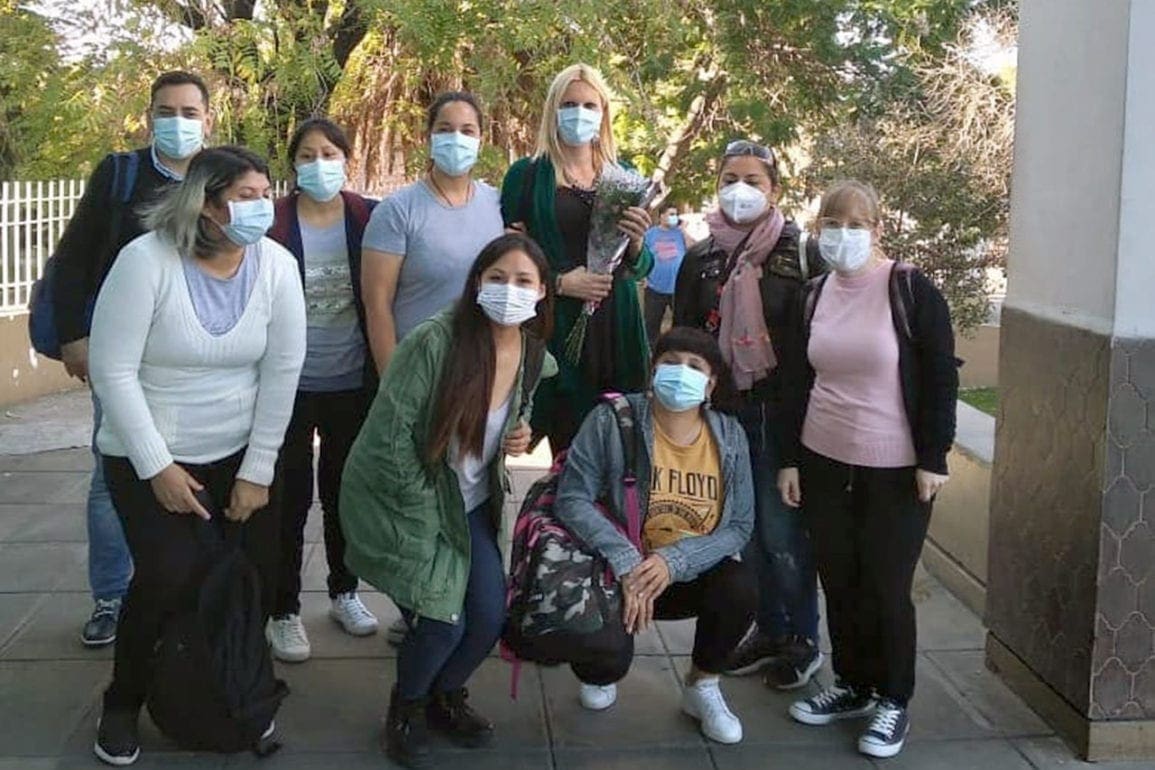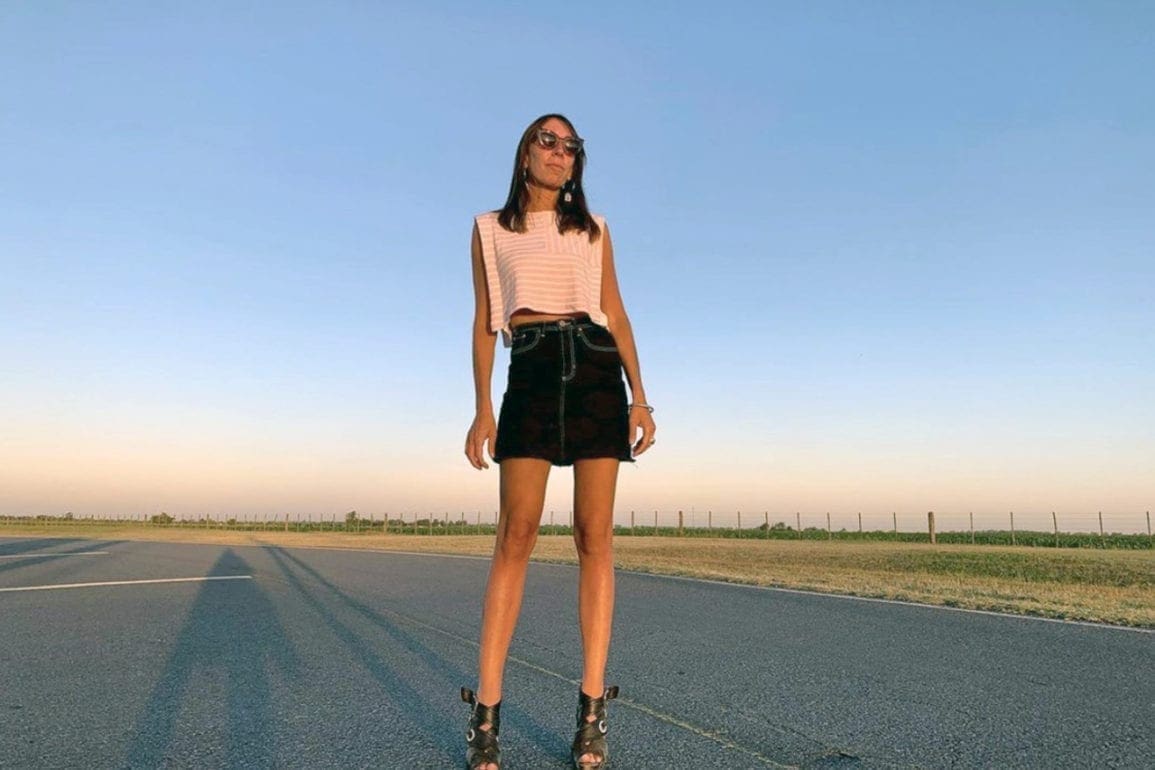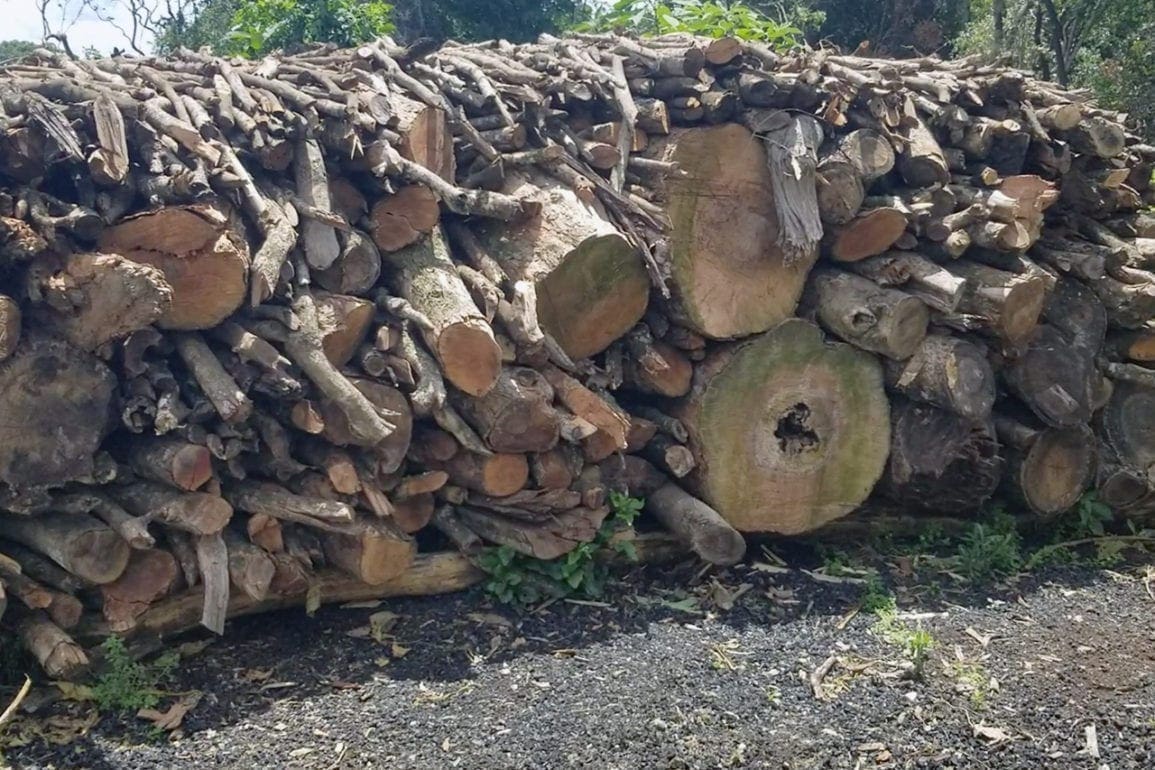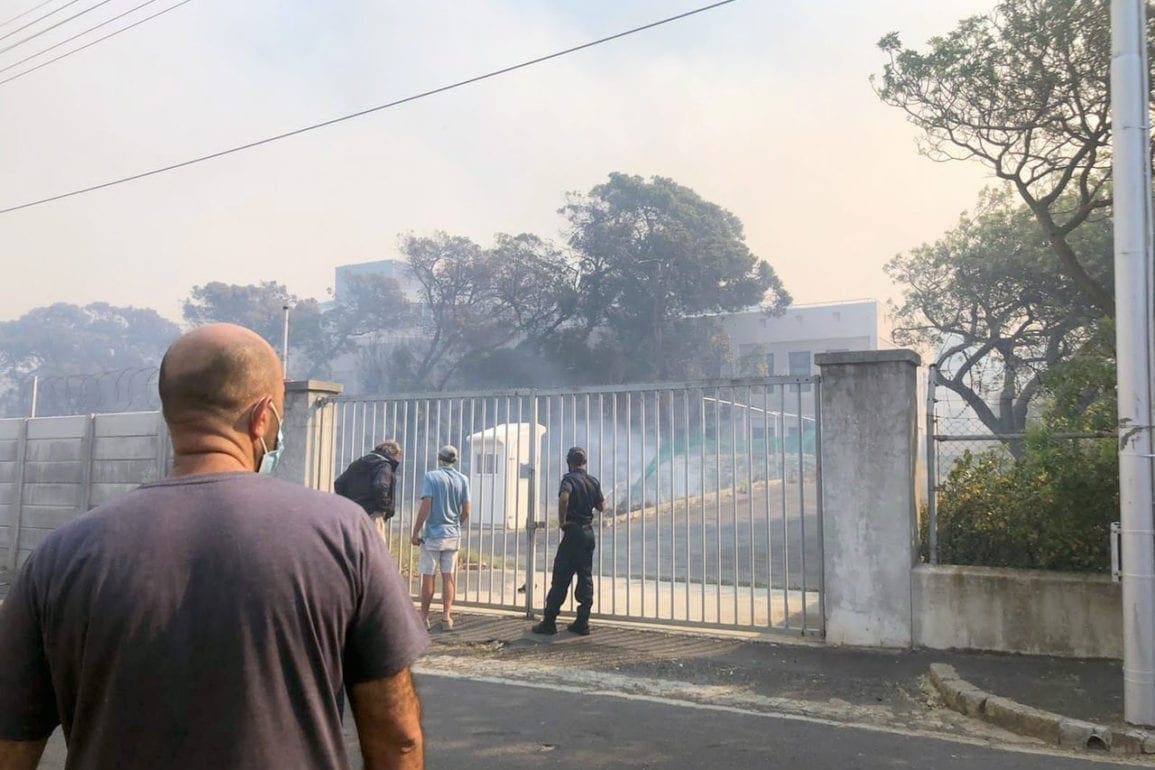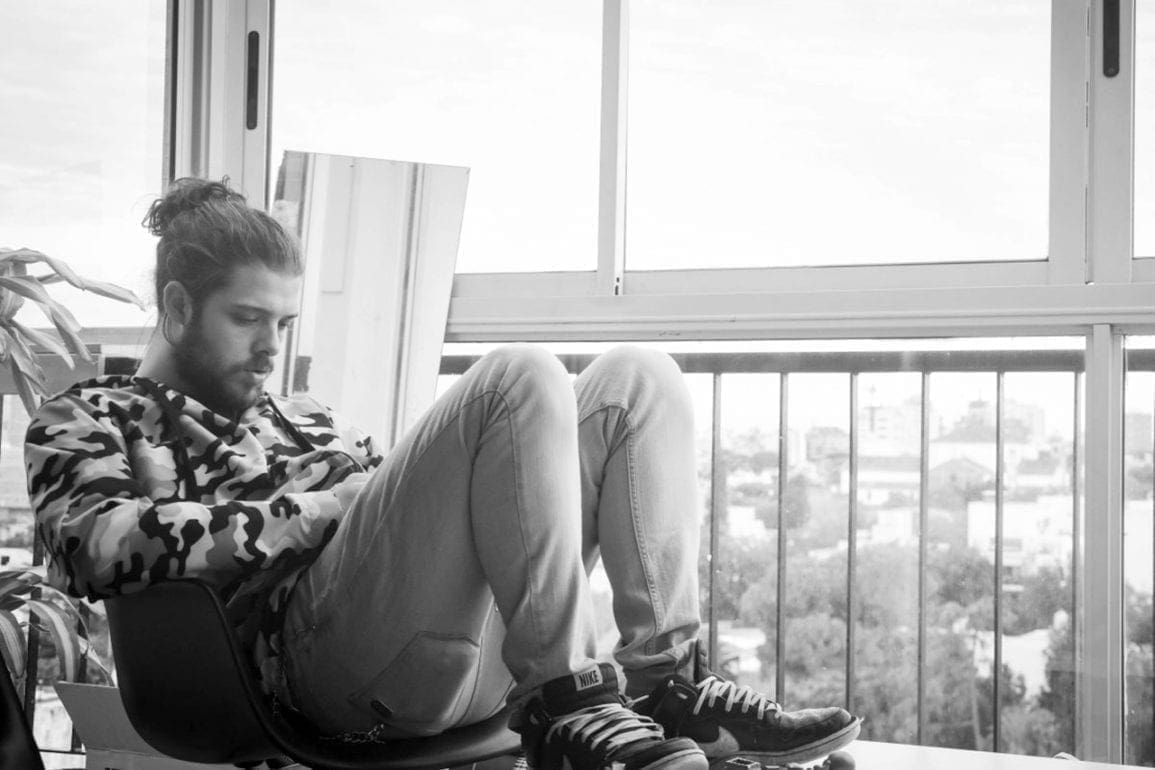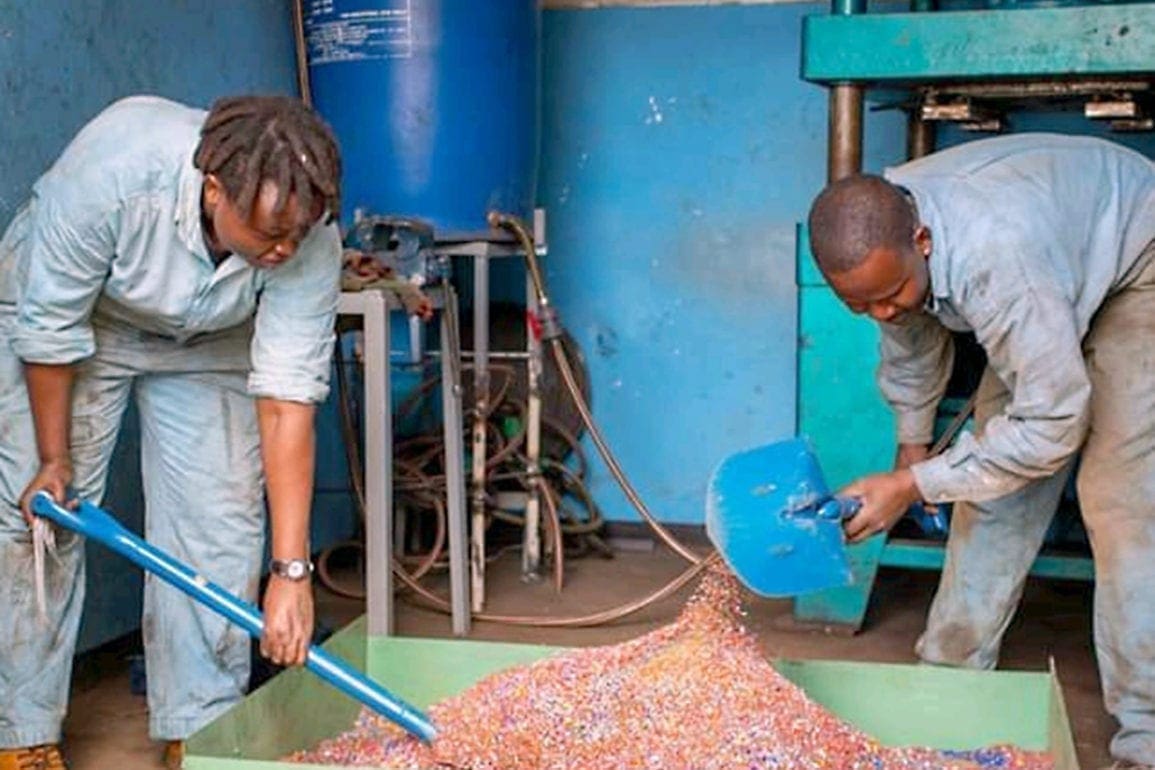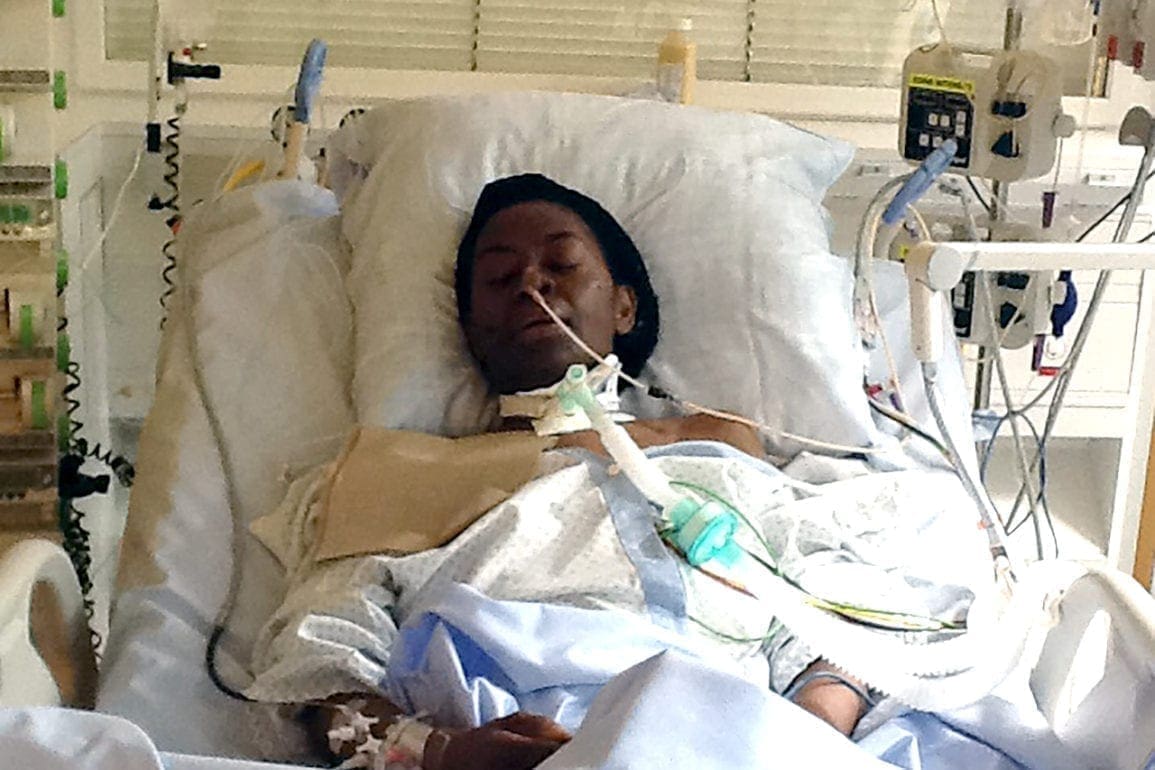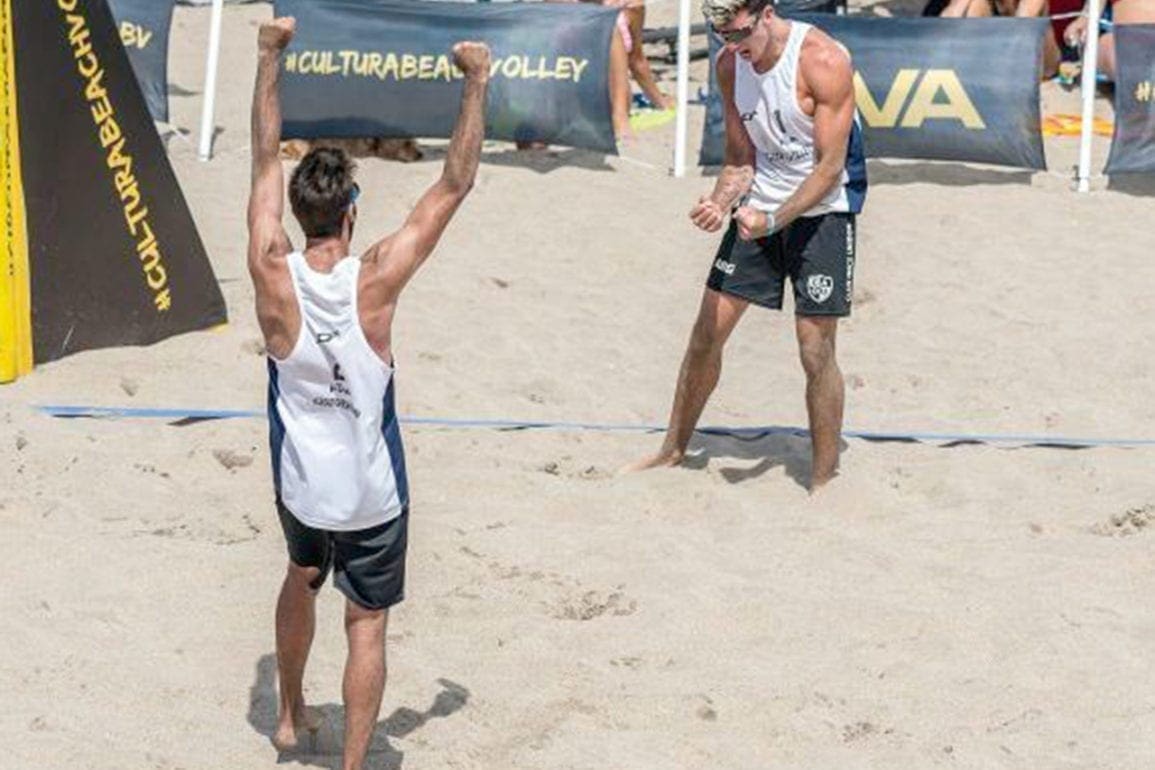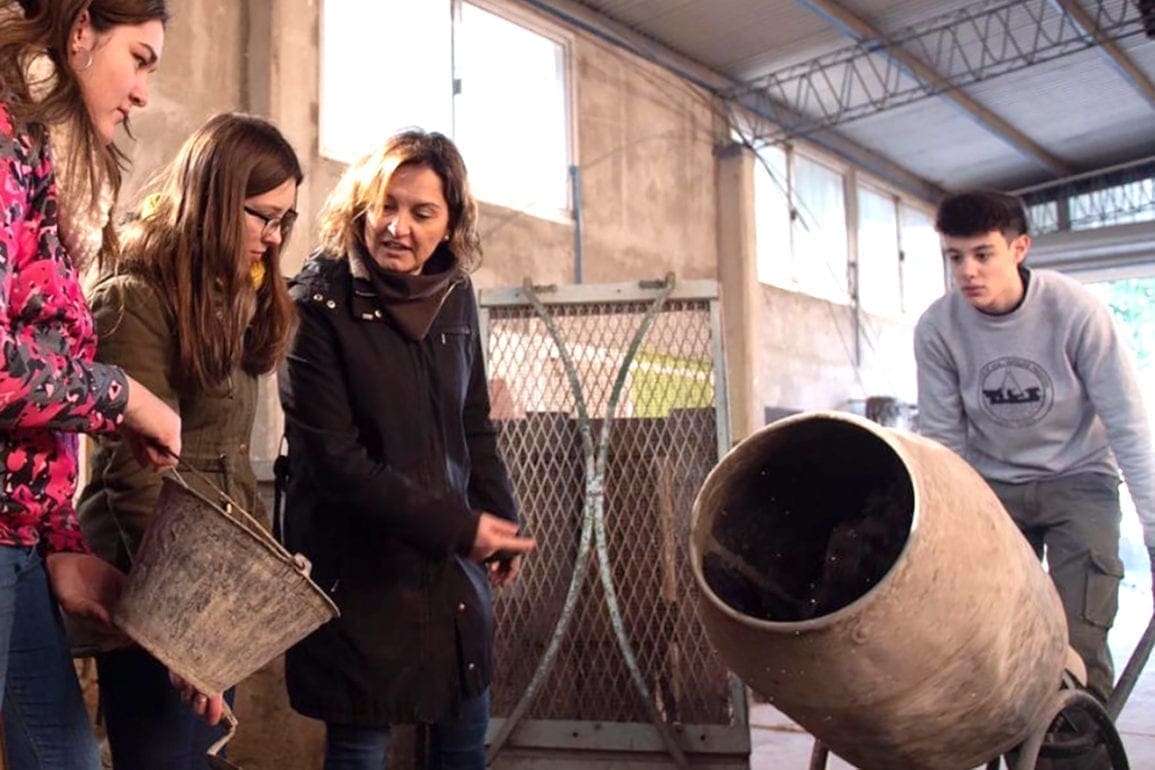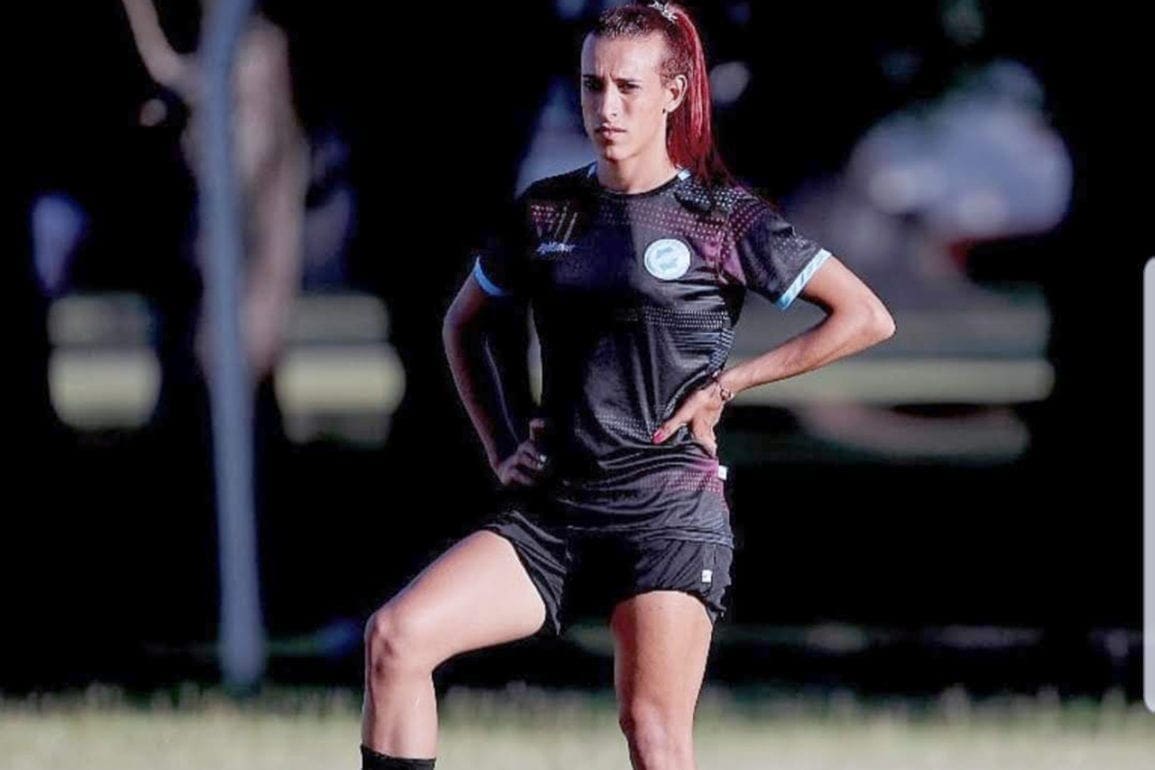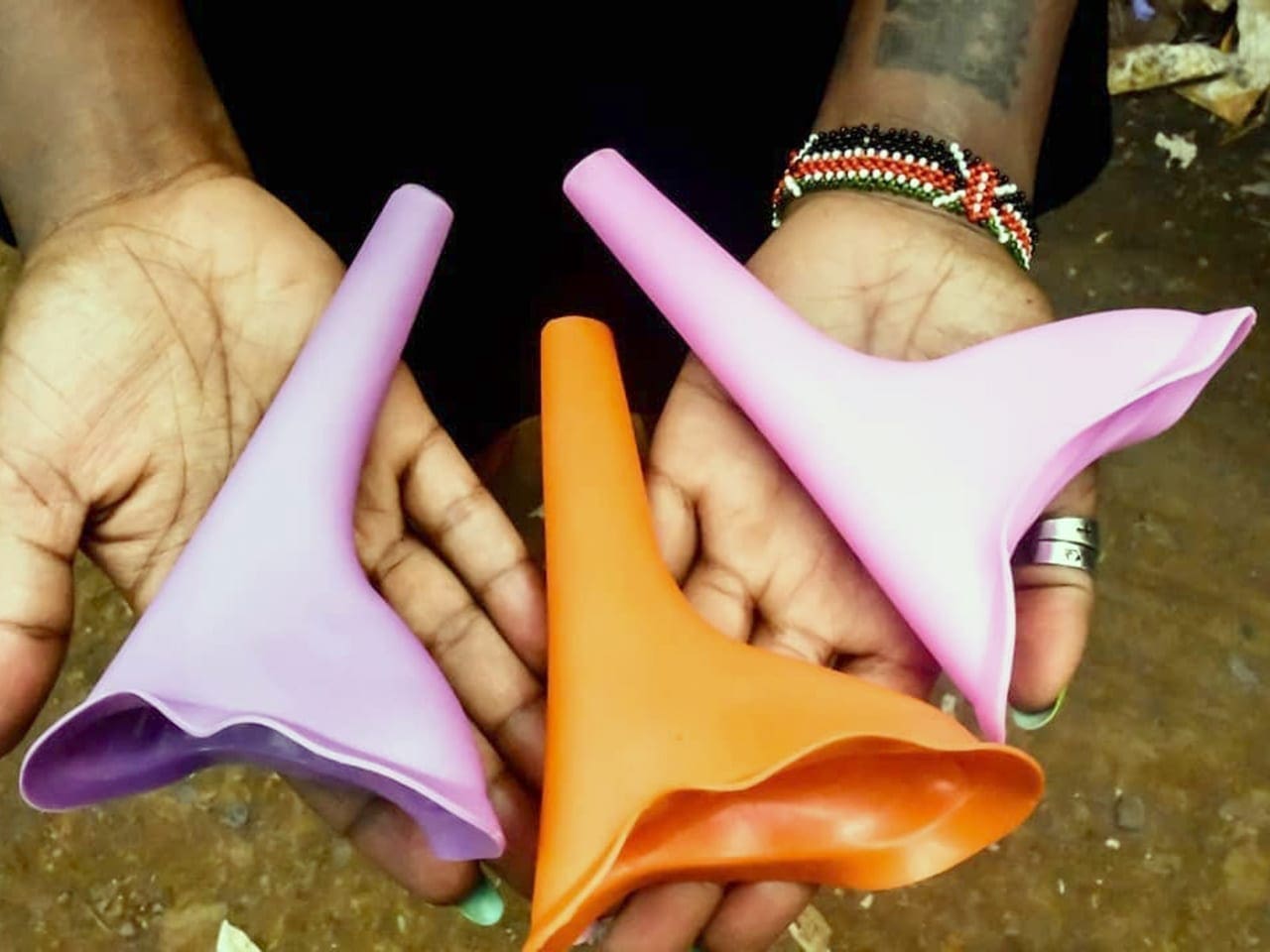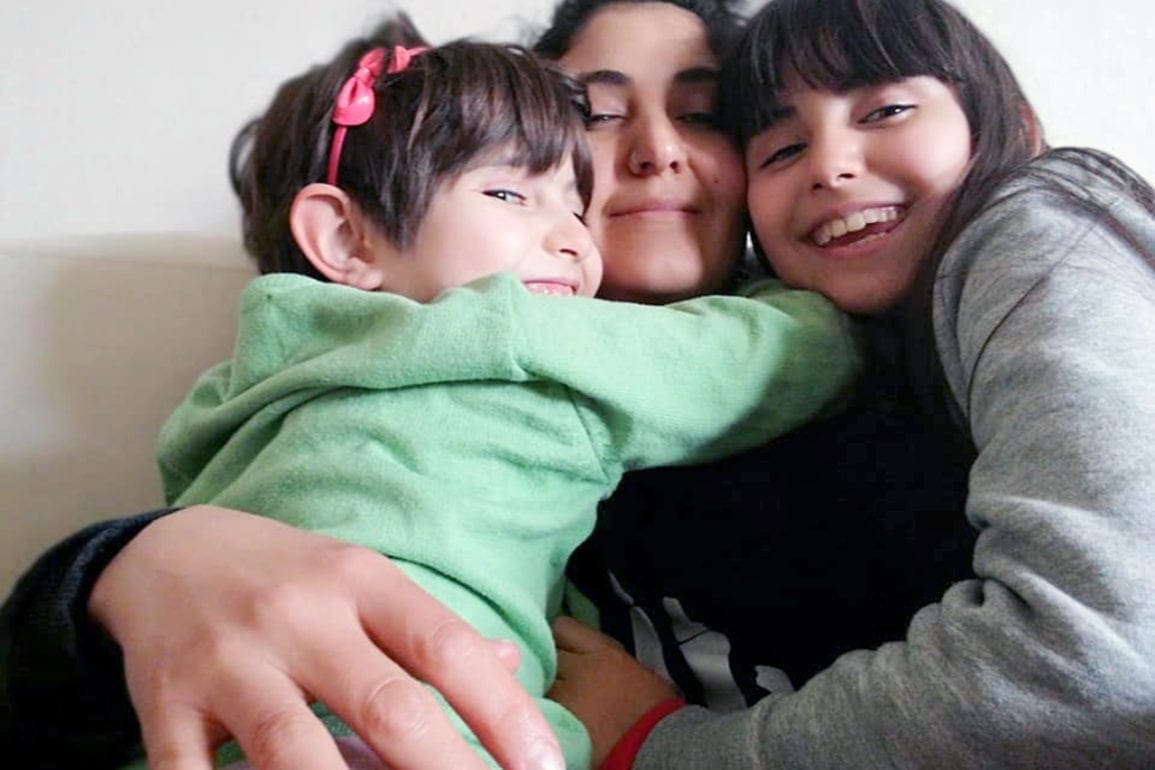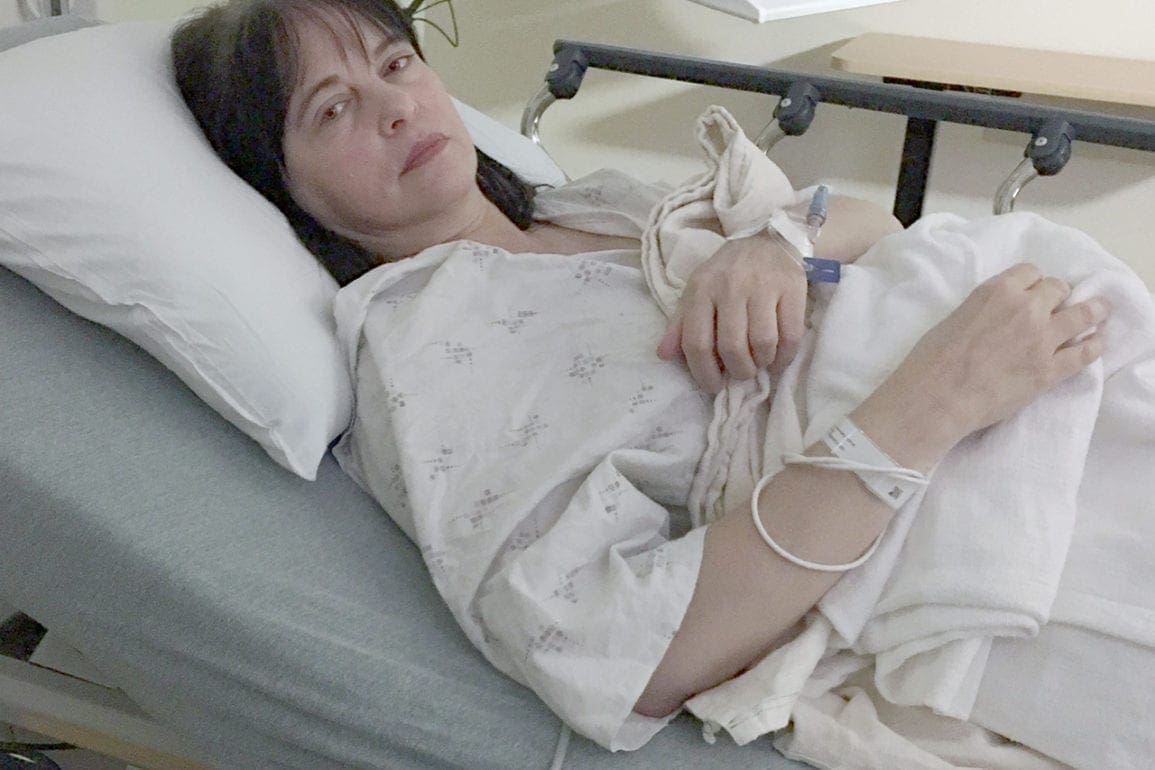Just 19, volunteer combat medic saves commander’s life on Ukrainian frontline
All this time, I was calm. I heard no shelling, only Andrii’s moans, and saw nothing but his eyes. I did what I was supposed to, in accordance with all the instructions I learned during my training. But when I closed the door of the car, I took out a cigarette and felt a shiver run down my body. My hands started to shake, and I burst out crying.
- 2 years ago
February 24, 2022
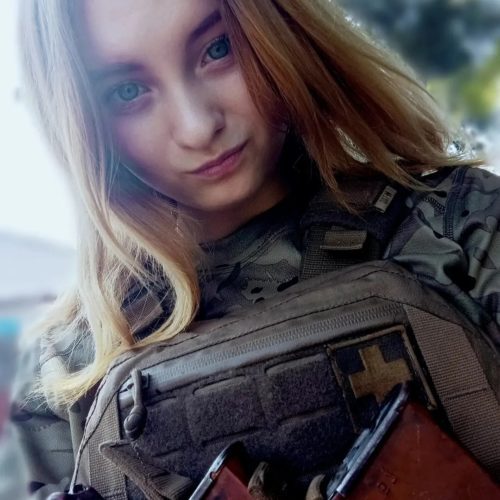
DONBAS, Ukraine—In 2014, Russia occupied my home village: Horodyshche, Luhansk Oblast, Donbas. I was 15 years old. One day I looked out of the window and saw a line of tanks. There were Ukrainian soldiers going to defend the village. We waved to them and wished them to return home soon.
Mom took me and my two little sisters, Kate and Uliana, to another city, where we now rent an apartment.
However, I have not seen my sisters in seven months. I miss them very much, though we often call each other and I send them gifts by courier service. We’ve been separated for this long because I voluntarily joined the Ukrainian Army as a combat doctor, to save the lives of Ukrainian soldiers on the frontline. It’s difficult, but I am proud both me and my mom can be such a good example for my sisters.
My mom is a voluntary military, too. She joined the army in 2016 as a combat medic. Now, she is deputy commander and operator of the infantry fighting vehicle.
At that time, I was 16, still studying and staying with my sisters when mom was at war. But when I turned 19, I signed a contract and completed my first combat task. My mom did not discourage me. On the contrary, she was proud; she always wanted me to be resilient, disciplined, independent, and confident.
There was an event that pushed me to make this decision. Before I joined the army, I made friends with a young man who served together with my mom. He died on the frontline. At that moment, I realized I don’t want anyone else to die.
Saving my commander’s life on the frontline
On Aug. 29, 2021, I woke up at 5 a.m. to heavy enemy shelling. My mom was near me, as we both live in one dugout. I told her I was nervous.
Half an hour later, a soldier named Maksym ran into the dugout saying someone had been injured. I put on body armor and a helmet and ran. My mom stayed in the dugout. She trusted me and was confident I would do a good job.
The injured man turned out to be my good friend and a person I considered a commander of our military unit, master sergeant Andrii, known as Seaman. A bullet had hit his forehead and came out the back of his skull.
Disoriented and confused, Andrii responded to my words with moaning. I understood he was in pain because this was brain damage and he under so much stress.
I put on medical gloves and gave him a shot of painkiller. Andrii’s best friend Hans stood near and held his head while I bandaged him.
The entire time, I talked to Seaman, trying to calm him down and reassuring him that a car would soon arrive to take him to the hospital. He moaned in reply throughout. But then, for a second, he stopped moaning. This split second seemed to last an eternity for me.
“Do you hear me?” I asked, fearful. When he groaned, relief flooded through my body. it was a load off my mind.
Soon, a car arrived for him. All this time, I was calm. I heard no shelling, only Andrii’s moans, and saw nothing but his eyes. I did what I was supposed to, in accordance with all the instructions I learned during my training.
But when I closed the door of the car, I took out a cigarette and felt a shiver run down my body. My hands started to shake, and I burst out crying. I prayed they would get him to the hospital as soon as possible. Doctors called me to say the surgery would last six hours. I did not sleep for a day waiting for their call back.
Side effects of war prove more than physical
Now, Andrii is in the hospital undergoing rehabilitation. When he received the injury, the chance he would survive was 10 percent. After the surgery, it improved to 50 percent.
Today, he calls me to say he is taking steps on his own without any help. Andrii survived; this was my dream coming true, the reason I joined the army.
However, I gave a part of my health in return. I’ve been hospitalized because of my mental health, which worsened after my time on the frontline. Psychologists are working with me, and it is improving. But I’m proud I did my job in the moment and saved Andrii’s life.
I am not alone in this; our soldiers need not only physical care and healing, but also mental. When Andrii was injured, his friends were depressed and cried because they thought he would never be able to function normally. I tried to support them emotionally.
Now, I am taking courses and preparing to enter university to become a psychologist and work with those who fought in the war. Many of the young men on the frontline cannot withstand the pressure and stress of their circumstances, both in war and in life. There were even cases when guys committed suicide in the conflict zone because of difficult life situations, such as breakup with a girlfriend. I want to avert such cases.
“At Orato World Media we stand in solidarity with our correspondent in Ukraine and all the Ukrainian people as they face this unprovoked attack from Russia.”
